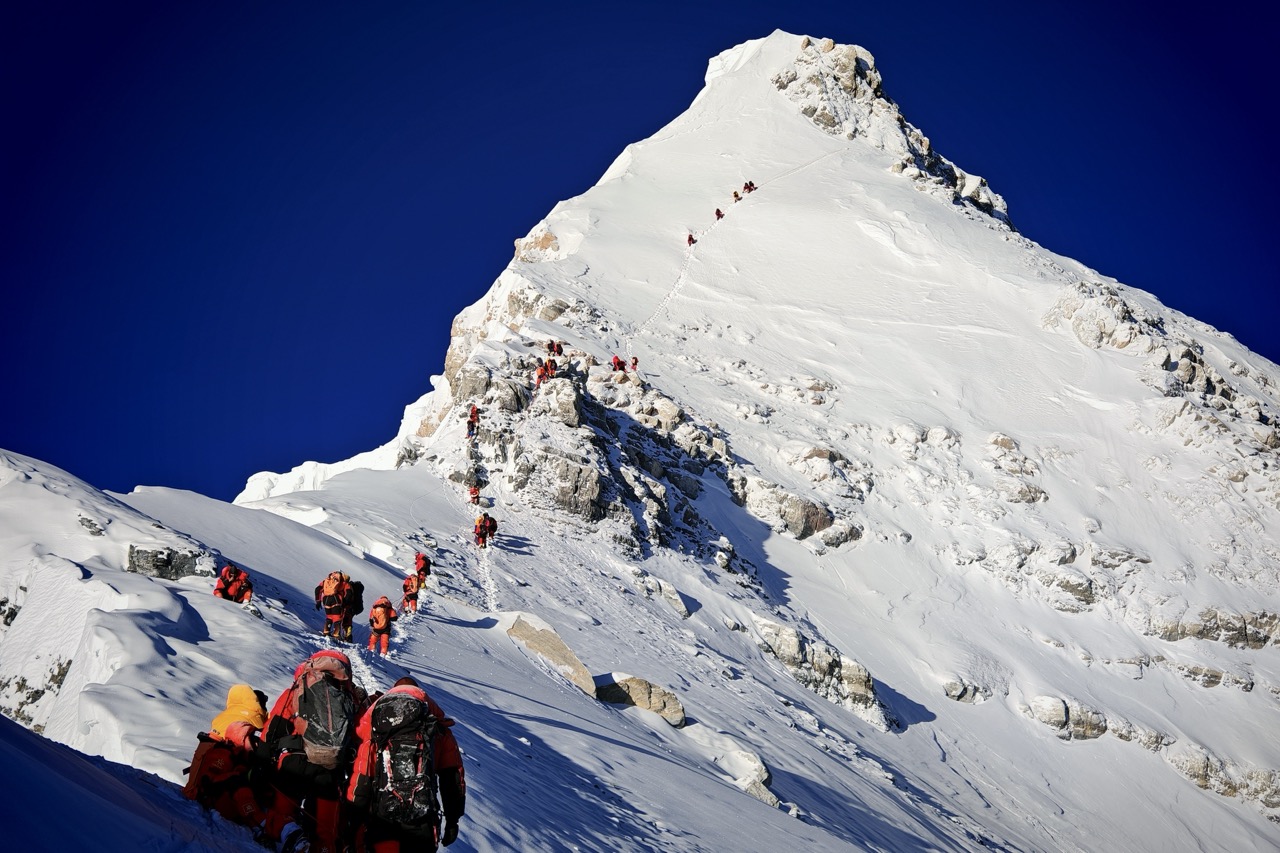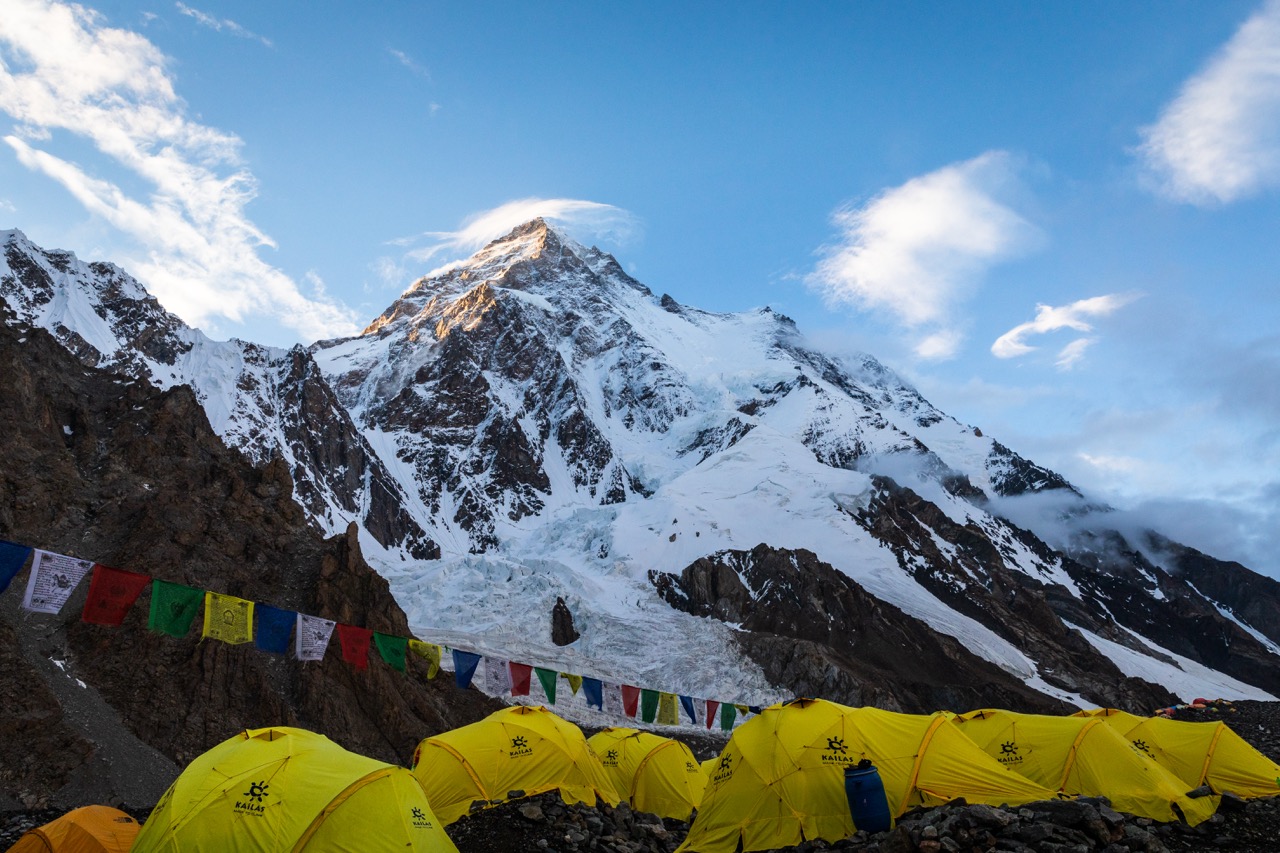
DHAULAGIRI EXPEDITION SPRING 2026
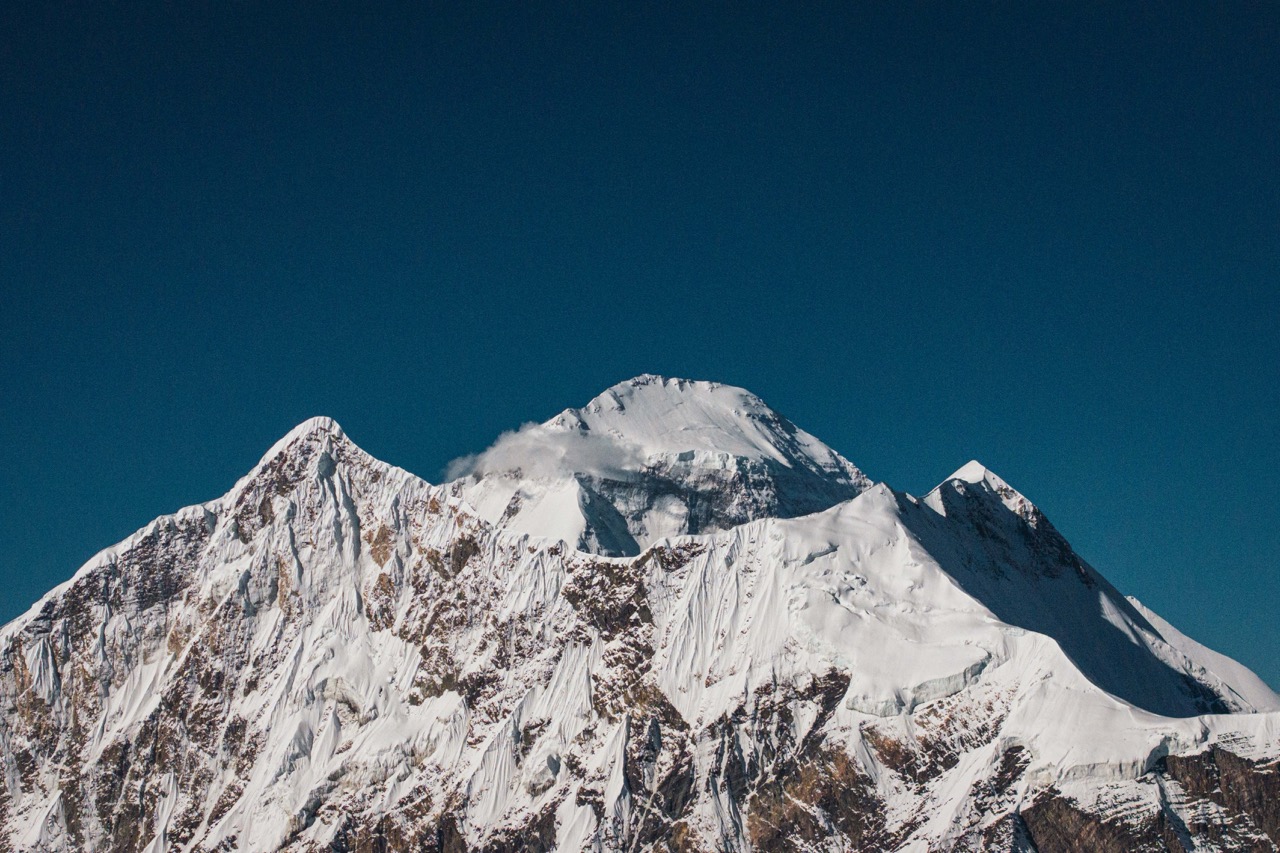

Mt. Dhaulagiri is the fifth-highest peak in Nepal and the seventh highest peak in the world with its height of 8,167m above sea level. This mountain lies in the northwestern corridor of Nepal in Myagdi District. Mt. Dhaulagiri extends about 120km from Kaligandaki River to the Bheri river in the west. Dhaulagiri is derived from the Sanskrit word, “Dhawala and Giri” which means “White and Mountain” respectively. Dhaulagiri is reflected as one of the most fascinating peaks to climb
Mt. Dhaulagiri has 5 ridges and south and west faces, Majority of the scaling has been following the first route, which is known as the “Normal Route”. The northeast route is considered the normal route; However, Mt. Dhaulagiri has been scaled from every direction. The base camp is normally set at around 4,750m, and then three camps follow before reaching the top. The first camp is at 5,850m, camp 2 is at 6400m, and the last camp is at 7400m.

1. Arrival and Departure: Tourist vehicle for airport-hotel transfers (pick-up and drop-off). 2. Hotel Accommodation in Kathmandu: 4-5 nights in a star-category hotel (single room, bed and breakfast plan). 3. Food and Lodging: 3 meals per day (breakfast, lunch, and dinner, including tea and coffee) with comfortable accommodation at hotels/lodges during the trek and at Base Camp. Hygienic fresh vegetables, meat, fruits, soft drinks, juice, and snacks served regularly using helicopter flights. 4. Welcome Dinner: Dinner in a tourist-standard restaurant in Kathmandu with office staff and guides.
2. Permit: Expedition royalty and permit fee of Nepal Government to climb Mt. Dhaulagiri. 3. Local Municipality Entry Permit: Required local entry permit and fee. 4. Liaison Officer: Government liaison officer with full equipment, salary, and accommodation. 5. Garbage Management: Stool shipment transfer and garbage deposit fees.
1. Duffle Bag and Gear: Two 150L 14 Peaks duffle bags, cap, buff, and jacket. 2. Member Transportation: Domestic flight from Kathmandu to Pokhara and return from Pokhara to Kathmandu as per itinerary. 3. Member Luggage: 15 kg of luggage per member carried by porters or yaks. Expedition Transportation: Equipment transportation from Kathmandu to Pokhara (air cargo) and to Base Camp (porters/yaks), and return from Base Camp to Kathmandu (air cargo). 4. Porter Support: 1 porter per 2 members up to Base Camp and from Base Camp (both ways). 5. Base Camp Staff: Experienced and well-trained cook and kitchen helpers. 6. Staff Salary and Allowance: Daily wages, salary, equipment, food, and clothing for all Nepalese staff and porters.
Base Camp Equipment: Single box tent, foam mattress, and pillow per member. Dining tent, kitchen tent, communication tent, toilet tent, shower tent. Staff tents, store tent, tables, chairs, and all necessary cooking gear. Solar/Generator/Light: 1 solar panel and generator for lights, battery charging, laptop, and electronic devices at Base Camp. Medical Check-Up: Health check-up of each climber at Base Camp before the summit attempt. Bakery, Coffee Lounge, and Bar: Available at Base Camp for 14 Peaks Expedition team members. Training at Base Camp: Oxygen, mask regulator, ice wall, and ladder training by UIAGM guide.
High-Altitude Climbing Sherpa: 1:1 ratio of climbing Sherpa guide to member for the entire climb from Base Camp to the summit and on each rotation. Oxygen Supply: 7 summit oxygen cylinders (4 liters) per member. 3 oxygen cylinders for each high-altitude Sherpa. 1 set of oxygen mask and regulator per member and Sherpa. High Camp Service (Infrastructure and Logistics): High-altitude tents (2 members per tent). Cooking EPI gas, cooking pots, and high-altitude food for members, Sherpas, and staff at Camp 1, Camp 2, Camp 3, and Camp 4. Rope Fixing Team: Experienced Sherpa team from the Expedition Operators Association (EOA) of Nepal to fix the route to the summit (no extra charge).
Satellite Phone: For emergency communication, carried by Sherpa (available for members at an additional charge). Walkie-Talkie: For communication between Base Camp and mountain teams. Weather Forecast: Regular weather reports from Meteotest, Bern (Switzerland) throughout the expedition.
Insurance: Medical and emergency rescue insurance for all involved Nepalese staff. Medical Kits: Comprehensive medical kit for members and staff.
Certificate: Everest climbing certificate issued by the Department of Tourism (DOT) after successful ascent.
International Airfare: Round-trip tickets to/from Kathmandu. Nepal Visa Fee: $125 USD for a 90-day visa.
Lunch & Dinner: Meals during the stay in Kathmandu. Extra Nights: Additional hotel stays due to early arrival, late departure, or flight cancellations.
Insurance Policy: Must cover high-altitude evacuation, medical treatment, trip cancellation, repatriation, and other emergencies. Personal Expenses: Telephone calls, internet, toiletries, laundry, battery recharges, and hot showers. Soft drinks, alcoholic beverages (except soft drinks provided at Base Camp).
Personal Climbing Gear: Clothing, backpacks, personal medical kit, and trekking/climbing equipment. Filming Fees: Special permits for cameras and drones.
Sherpa Guide Bonus: Minimum $2,000 per climbing Sherpa. Tips for Staff: Minimum $500 for Base Camp and high-altitude staff.
Extra Services: Any services not listed under "Cost Includes."
Our Heli Rescue team and medical doctor are on standby throughout the expedition. In case of an emergency, evacuation costs must be covered by your insurance provider.

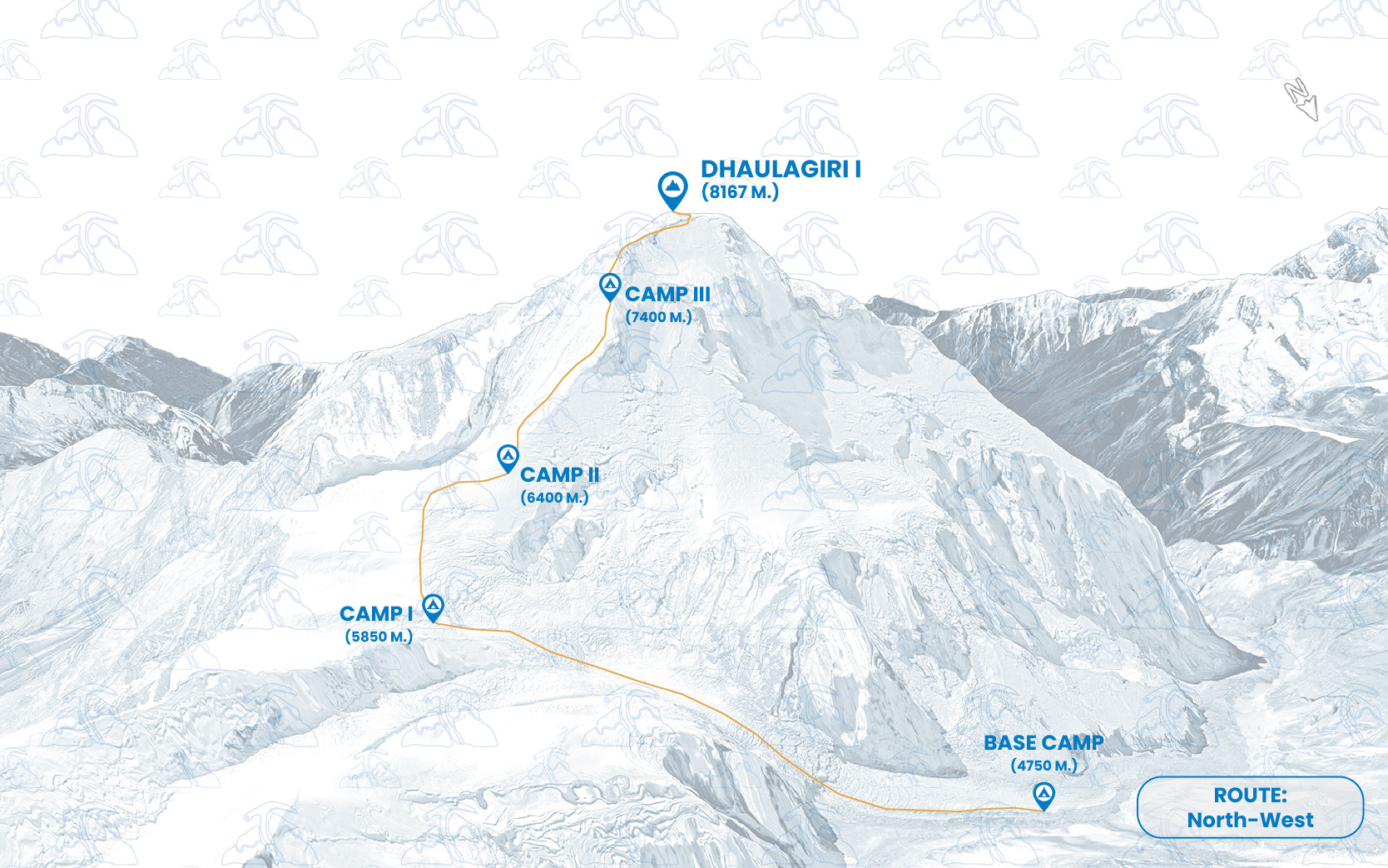


 Debit/Credit Card
Debit/Credit Card
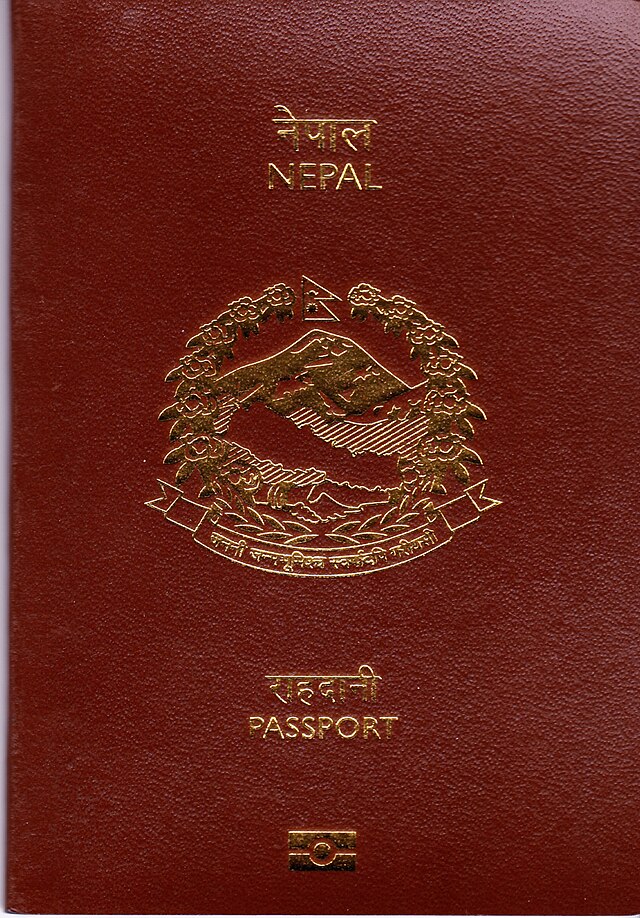 Valid Passport
Valid Passport
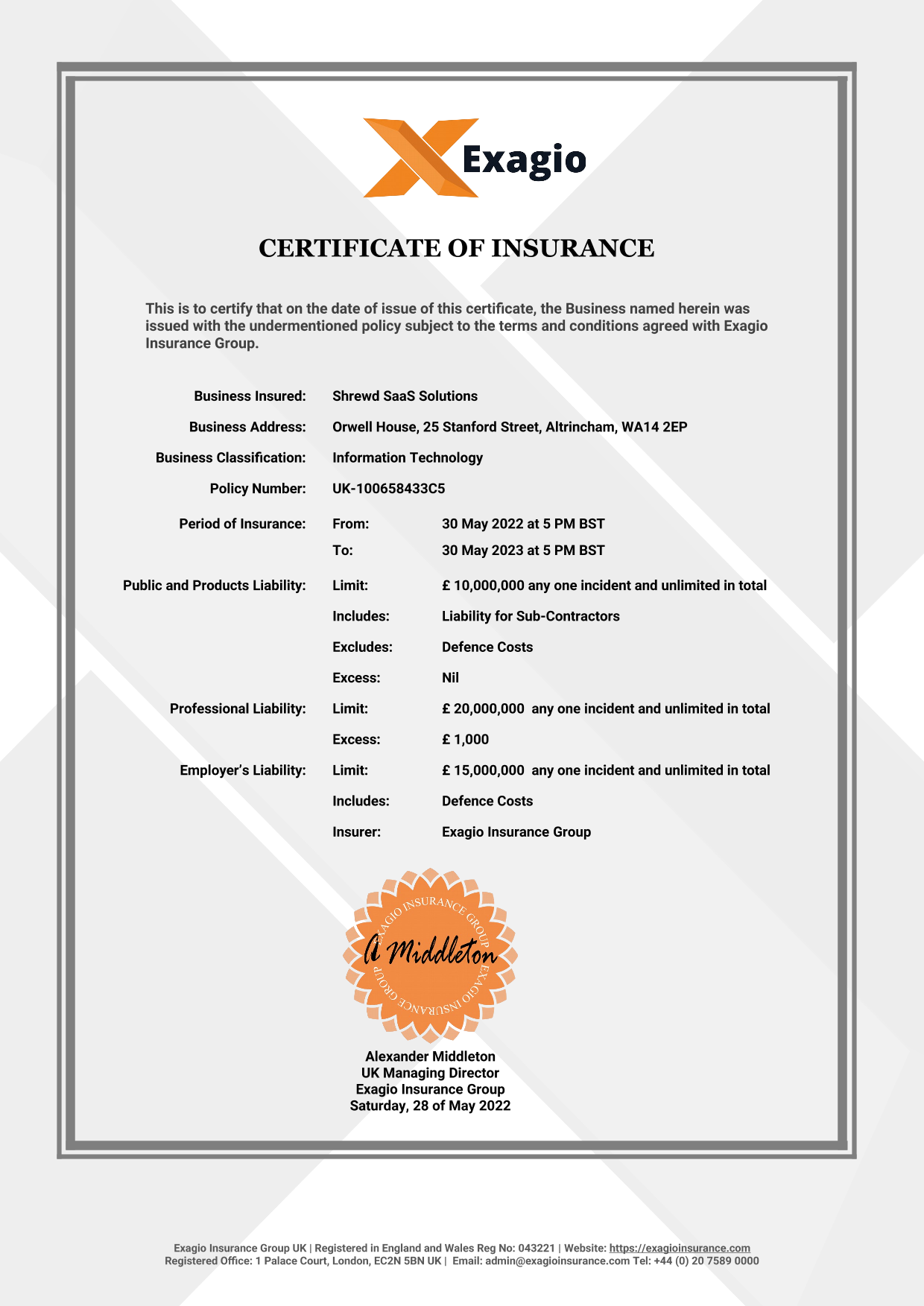 Insurance Paper/Certificate
Insurance Paper/Certificate
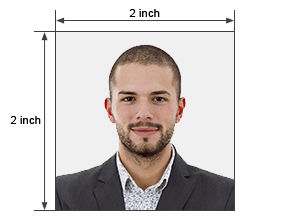 PP Size Photos(4 Pieces)
PP Size Photos(4 Pieces)
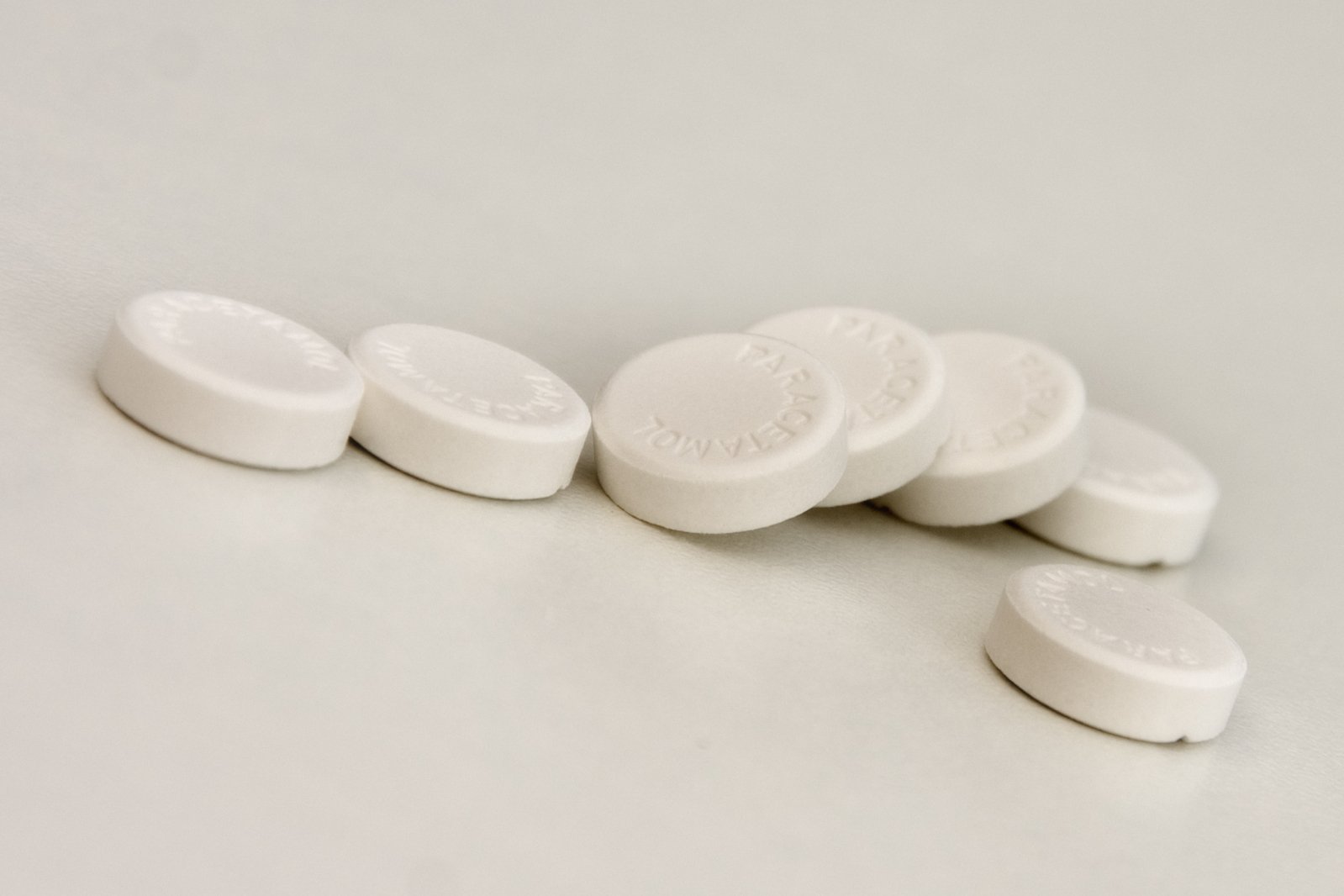 Paracetamole
Paracetamole
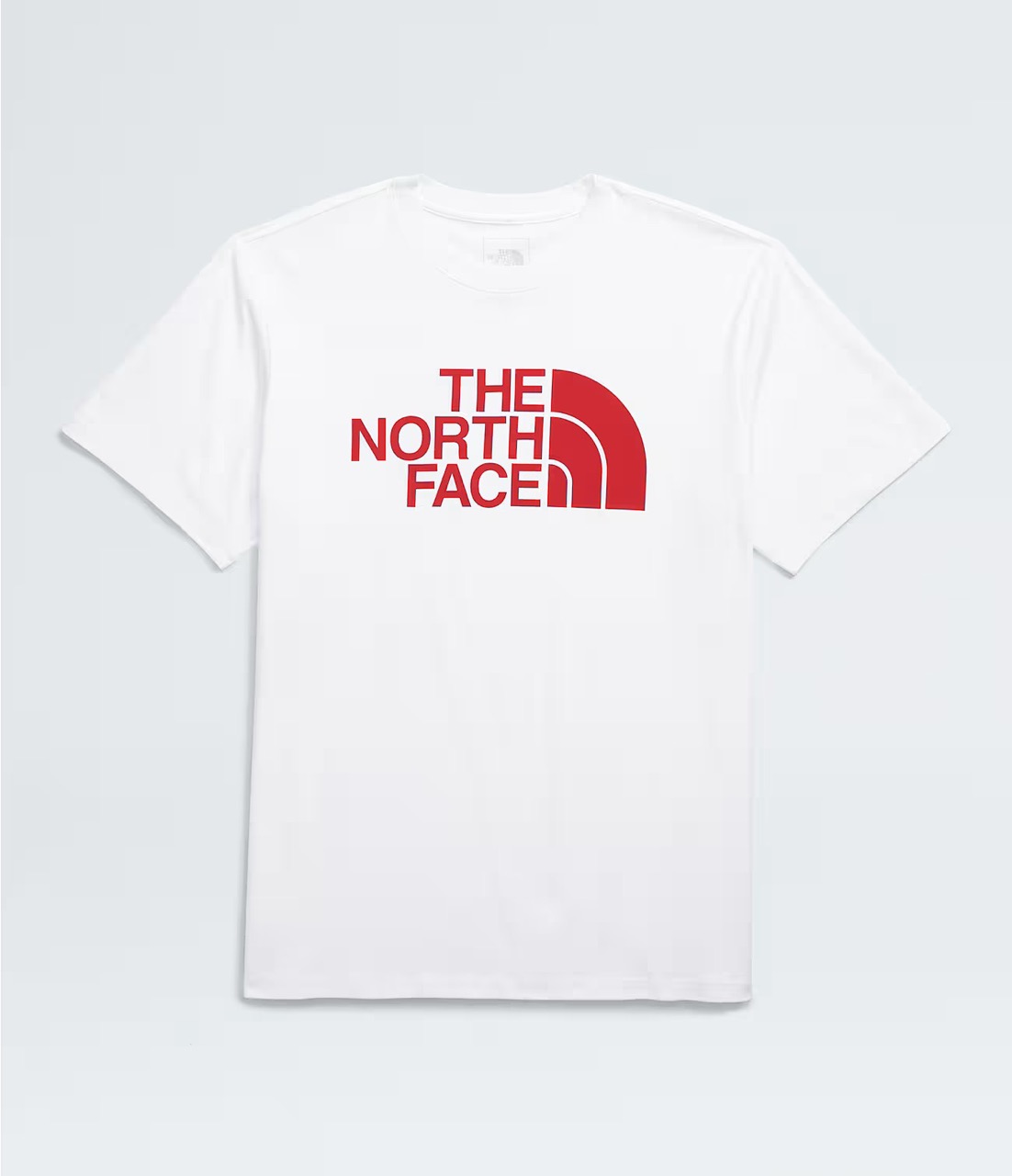 Cotton T-Shirt
Cotton T-Shirt
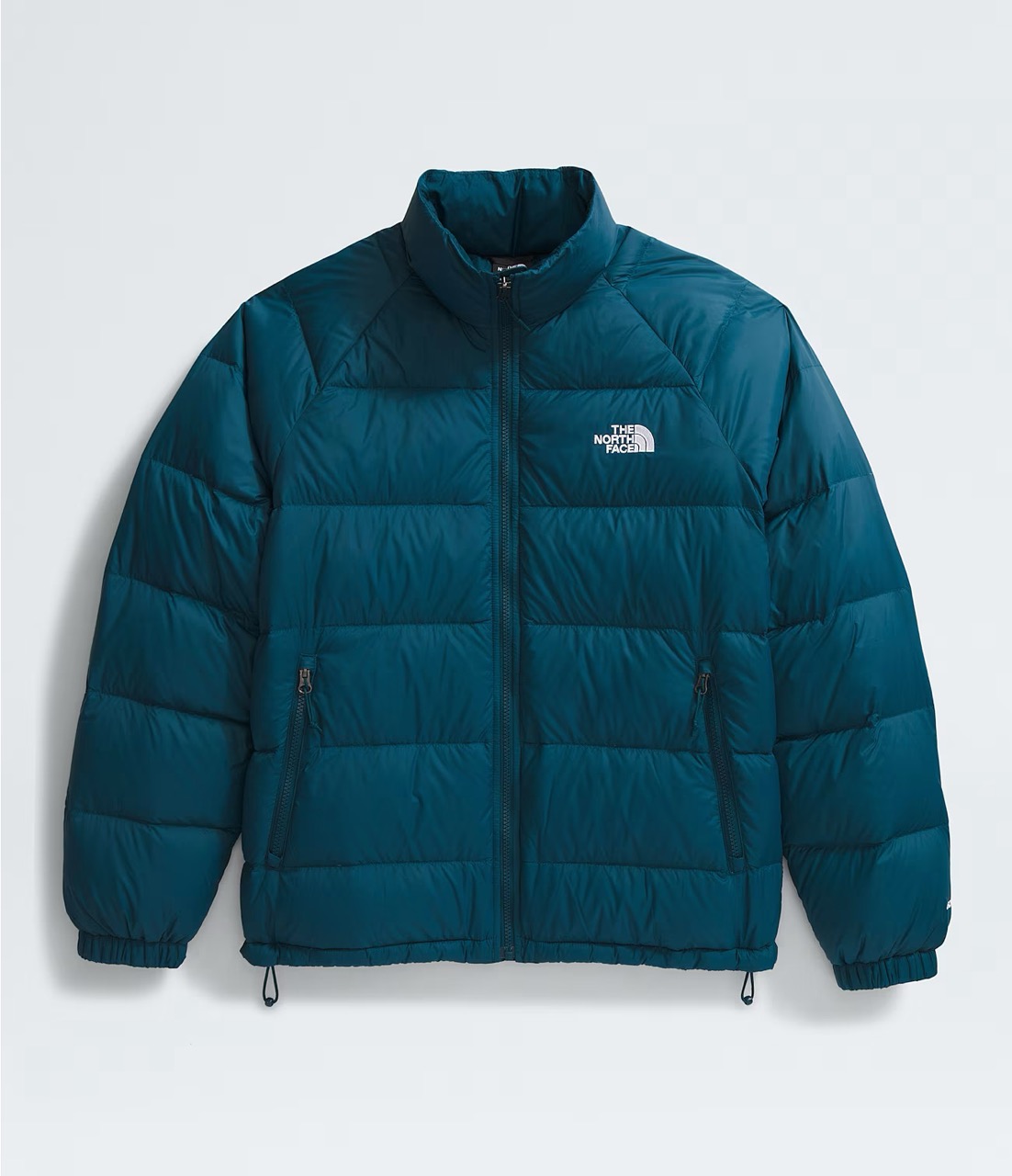 Down Jacket
Down Jacket
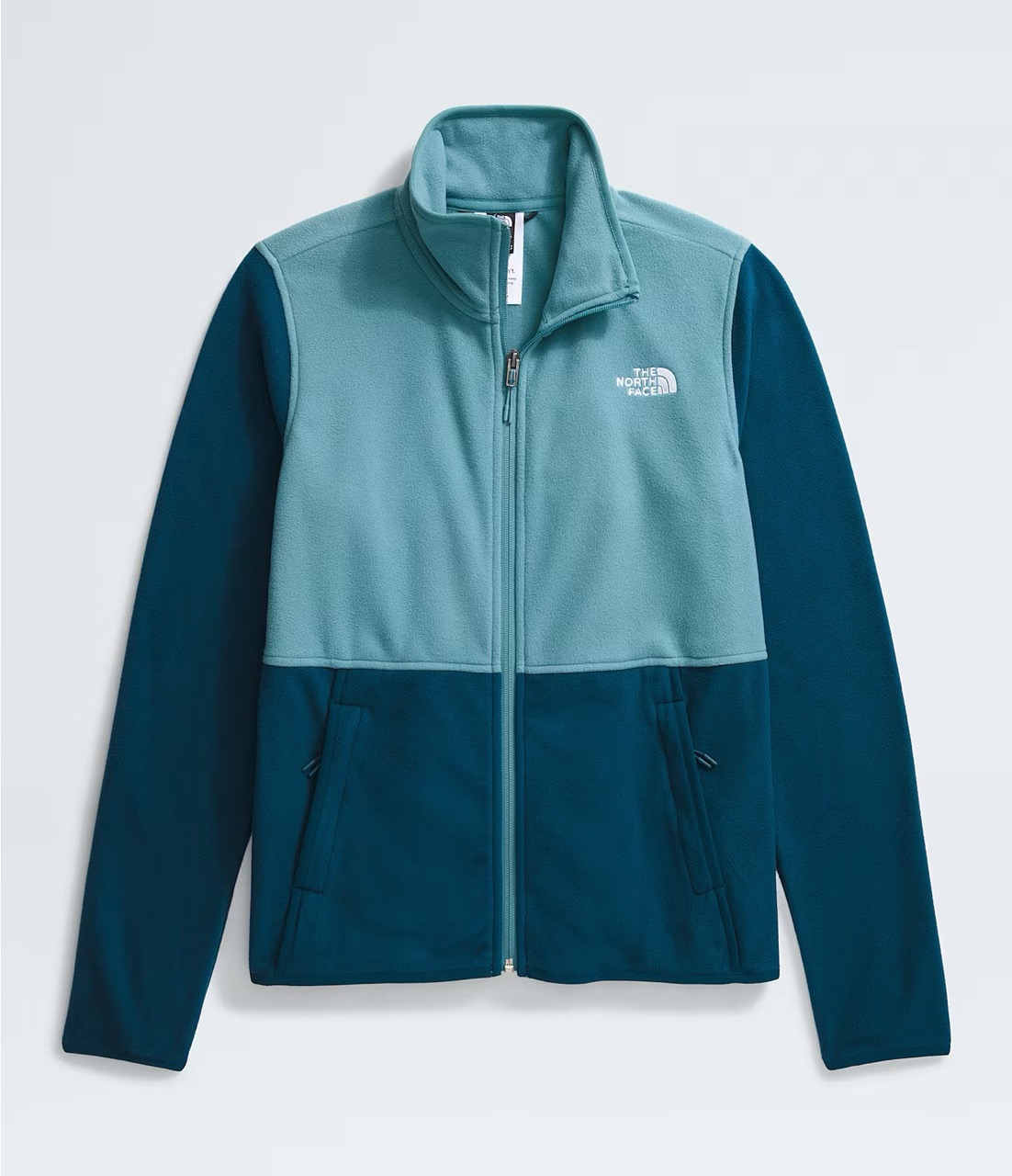 Fleece Jacket
Fleece Jacket
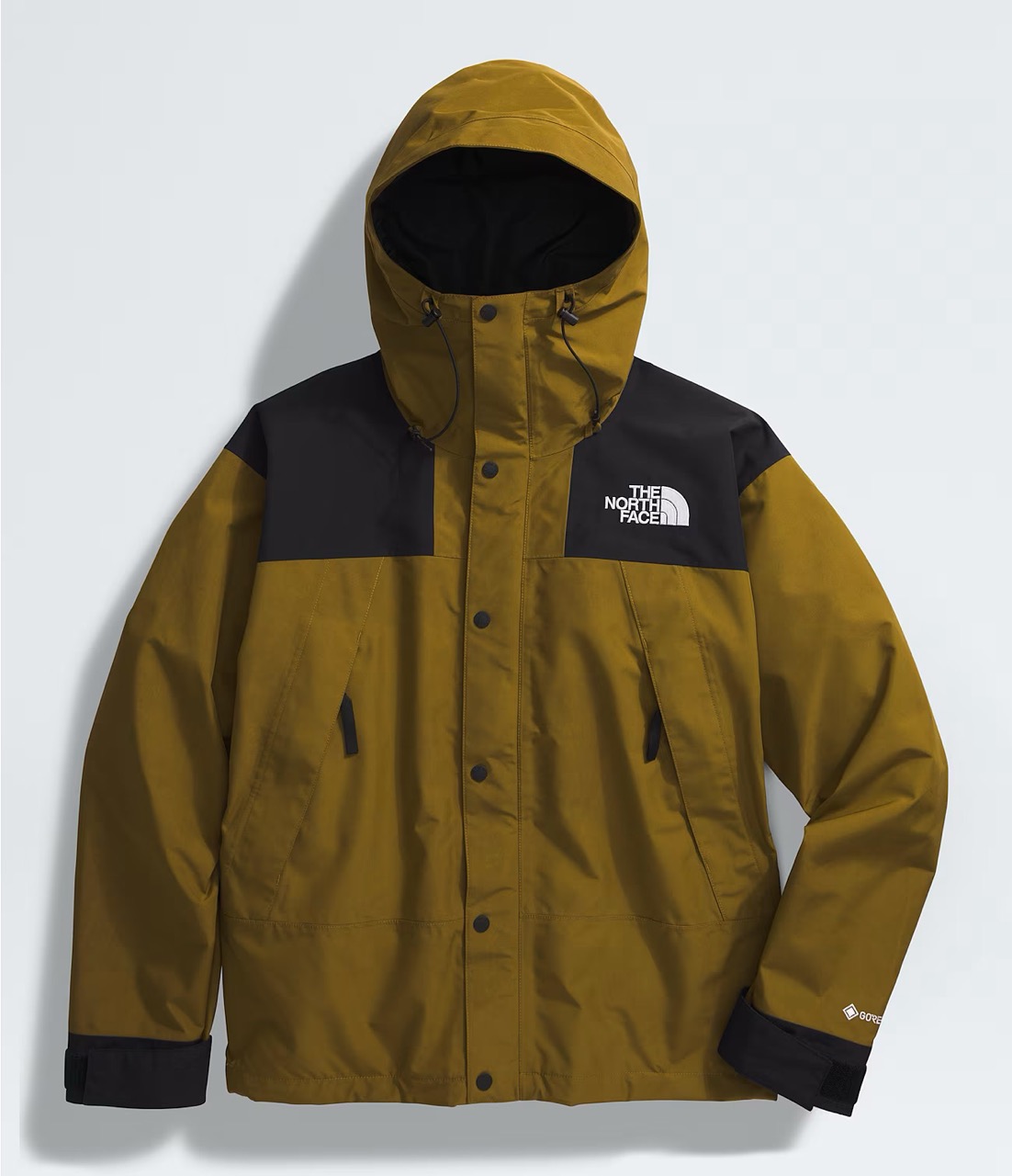 Gore Tex Jacket
Gore Tex Jacket
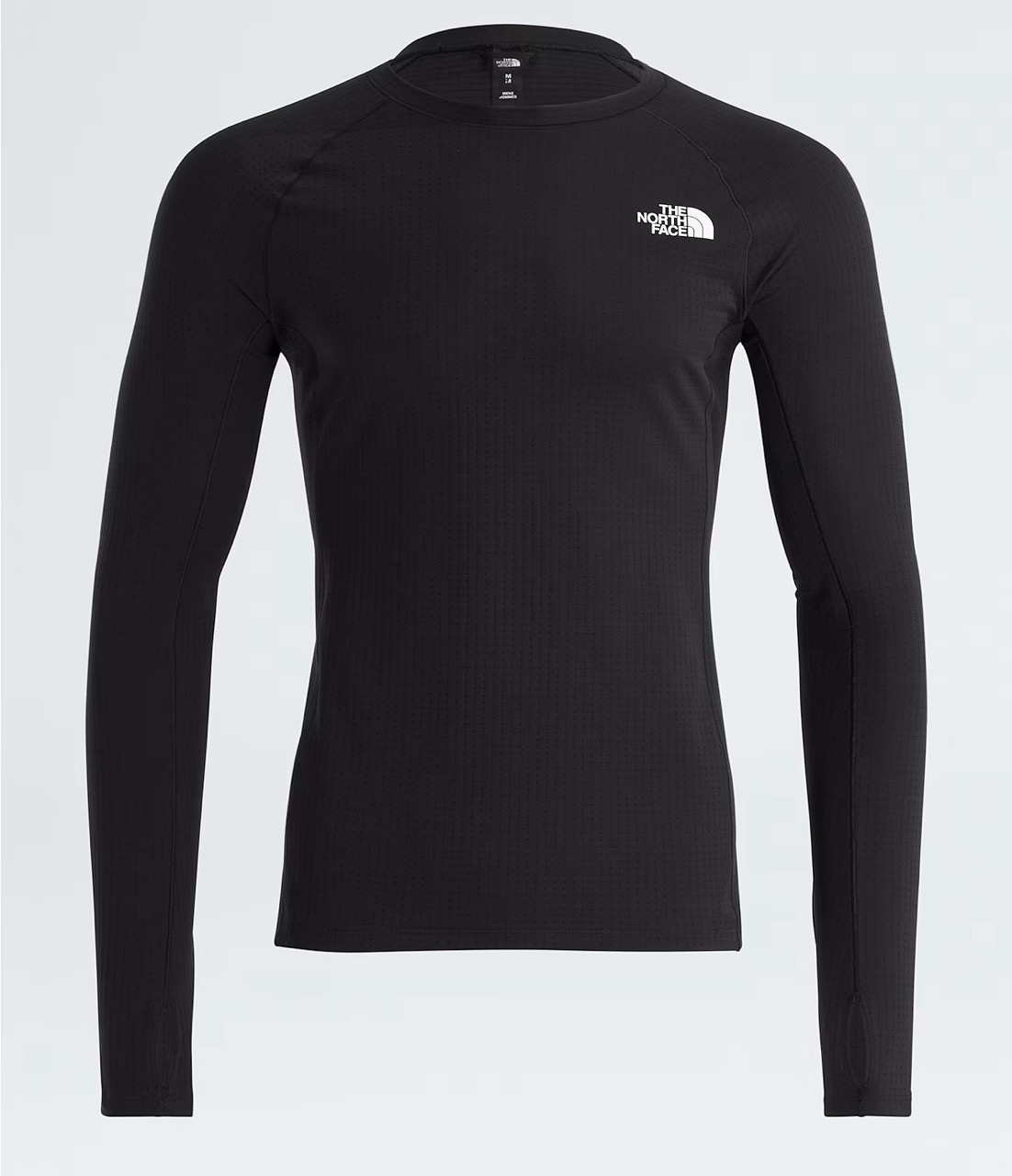 Thermal Base Layer
Thermal Base Layer
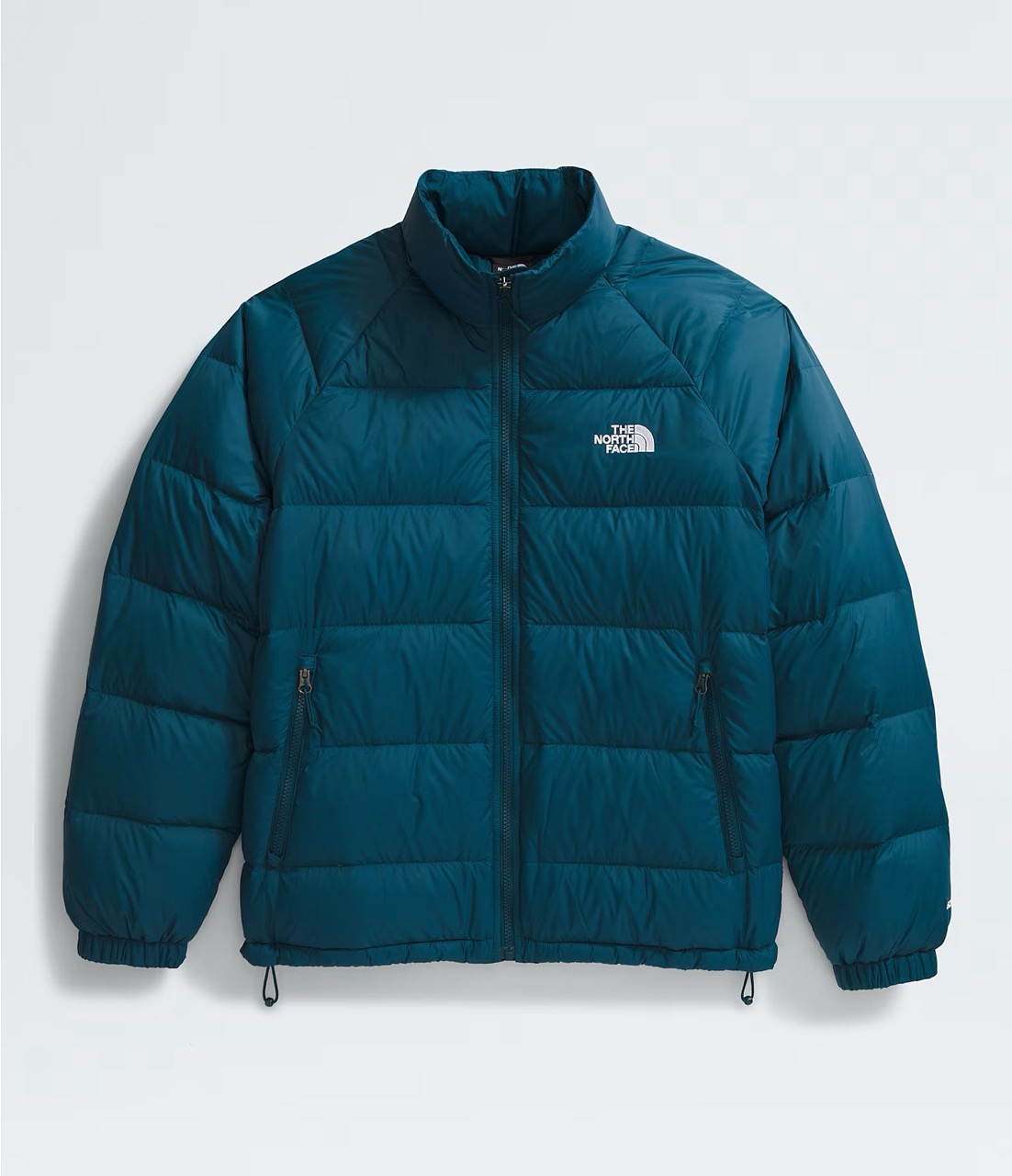 Warm Jacket
Warm Jacket
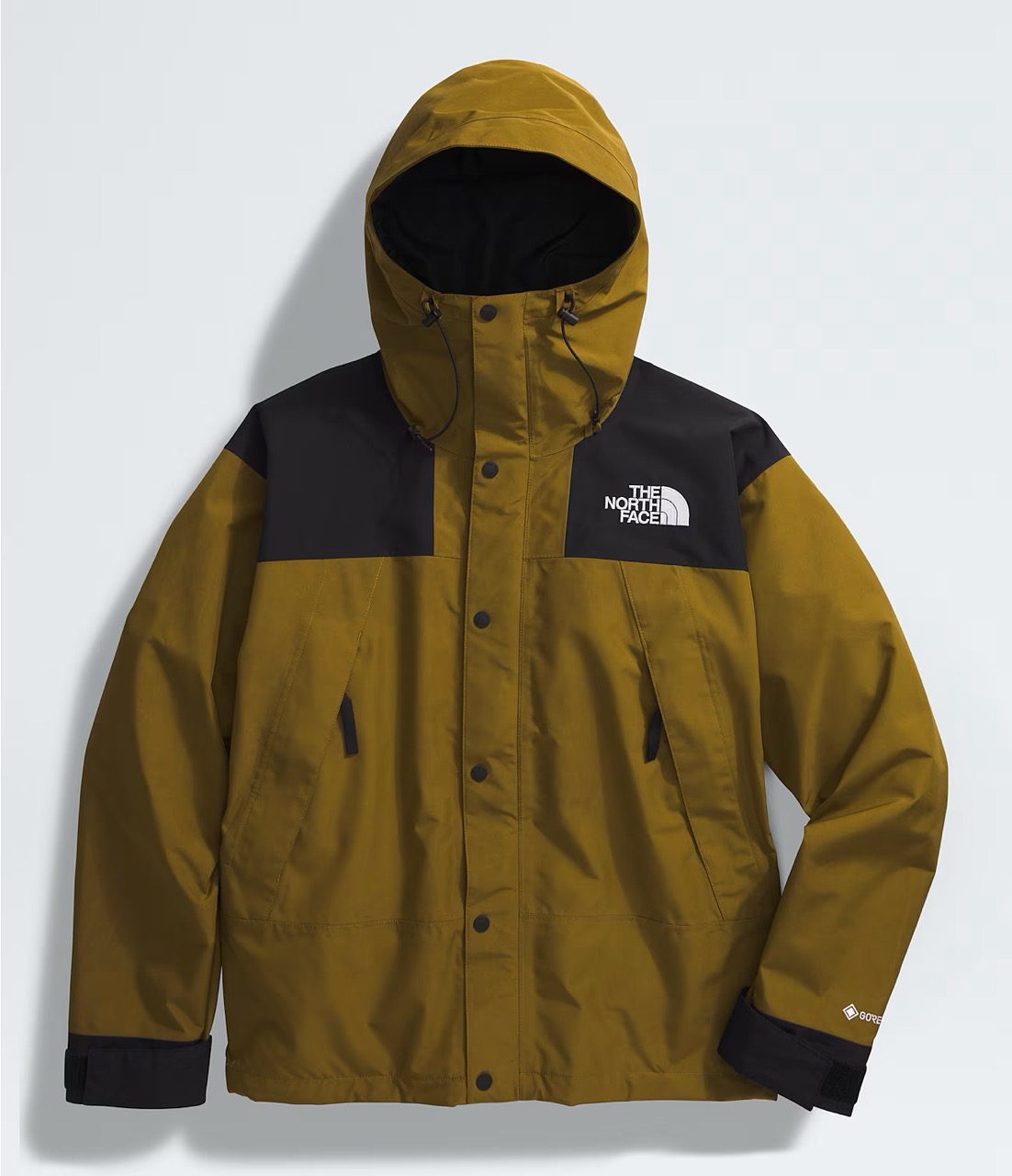 Wind Proof Jacket
Wind Proof Jacket
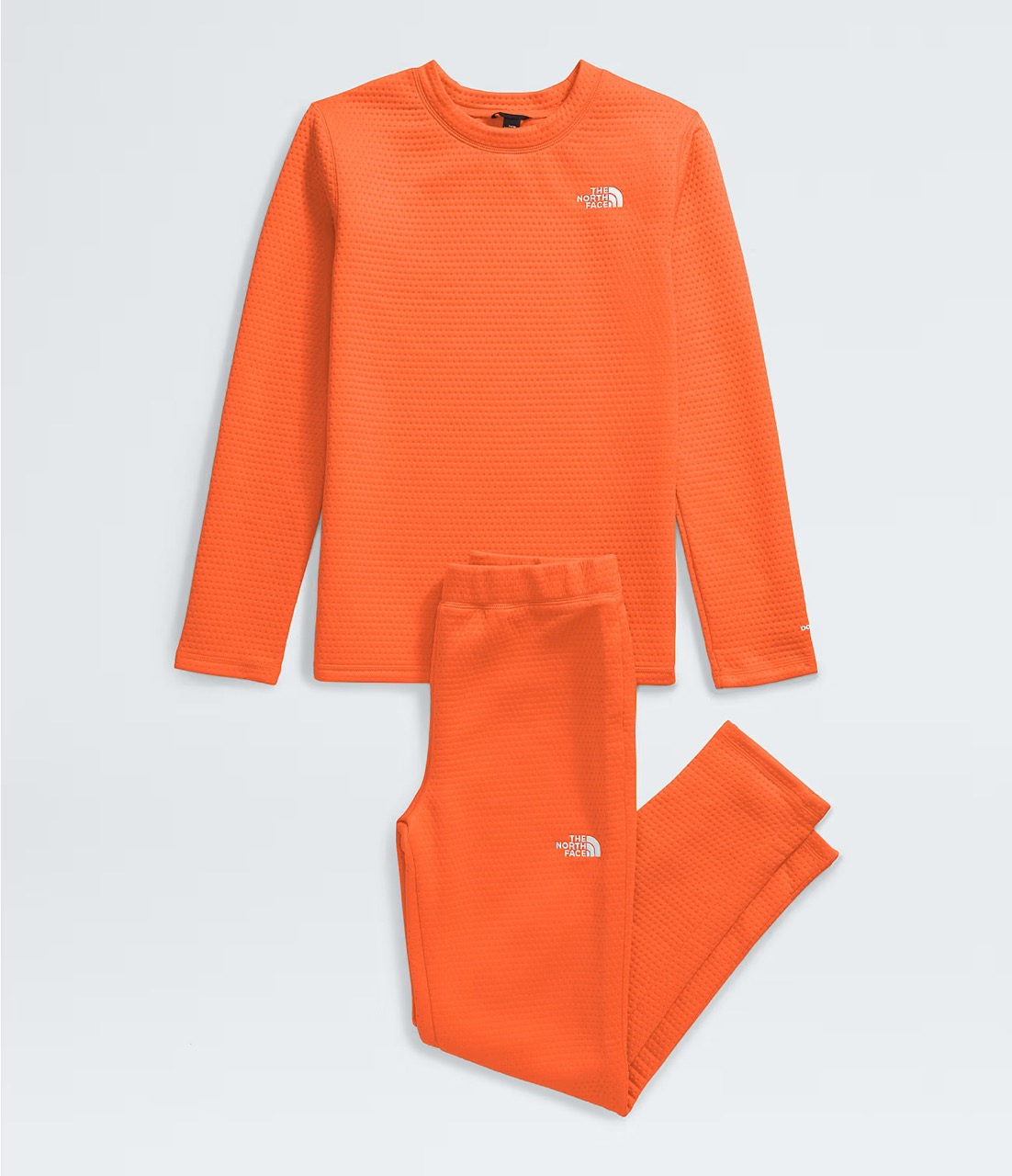 Bottom Base Layer
Bottom Base Layer
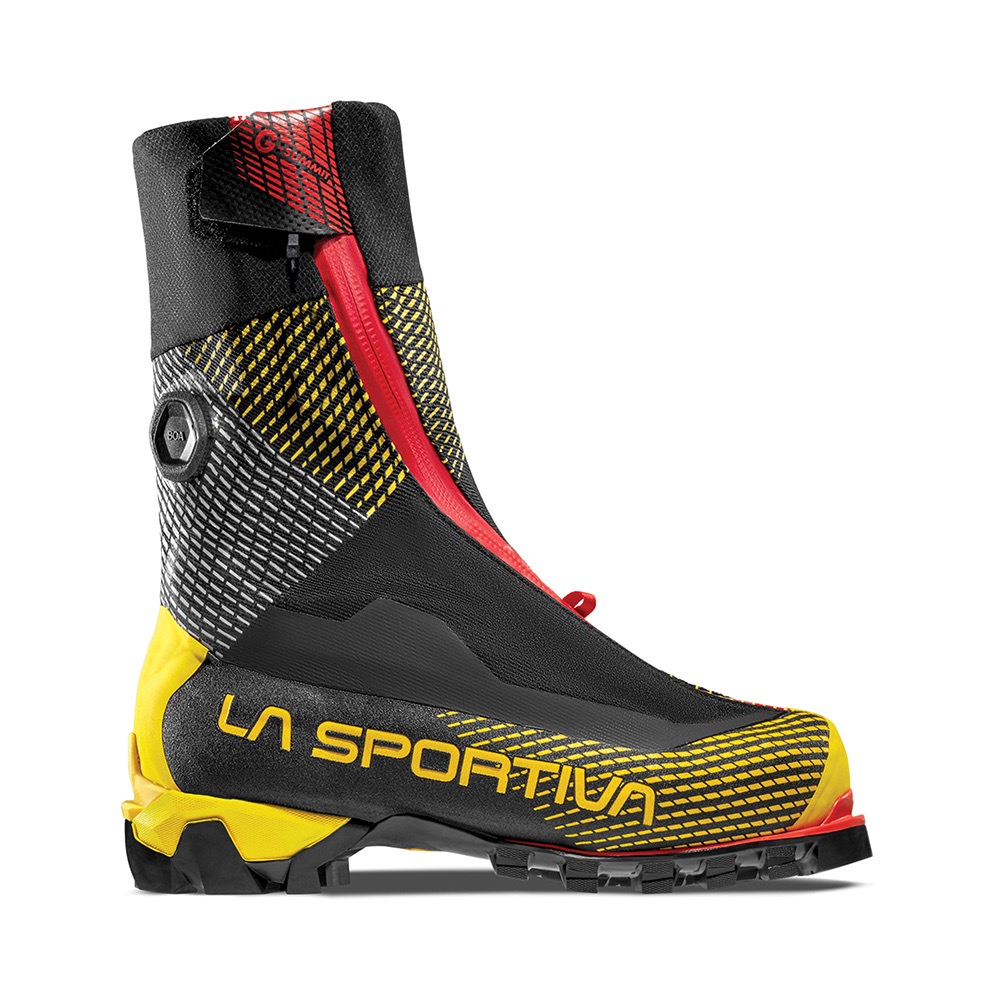 Climbing Boot -6000m
Climbing Boot -6000m
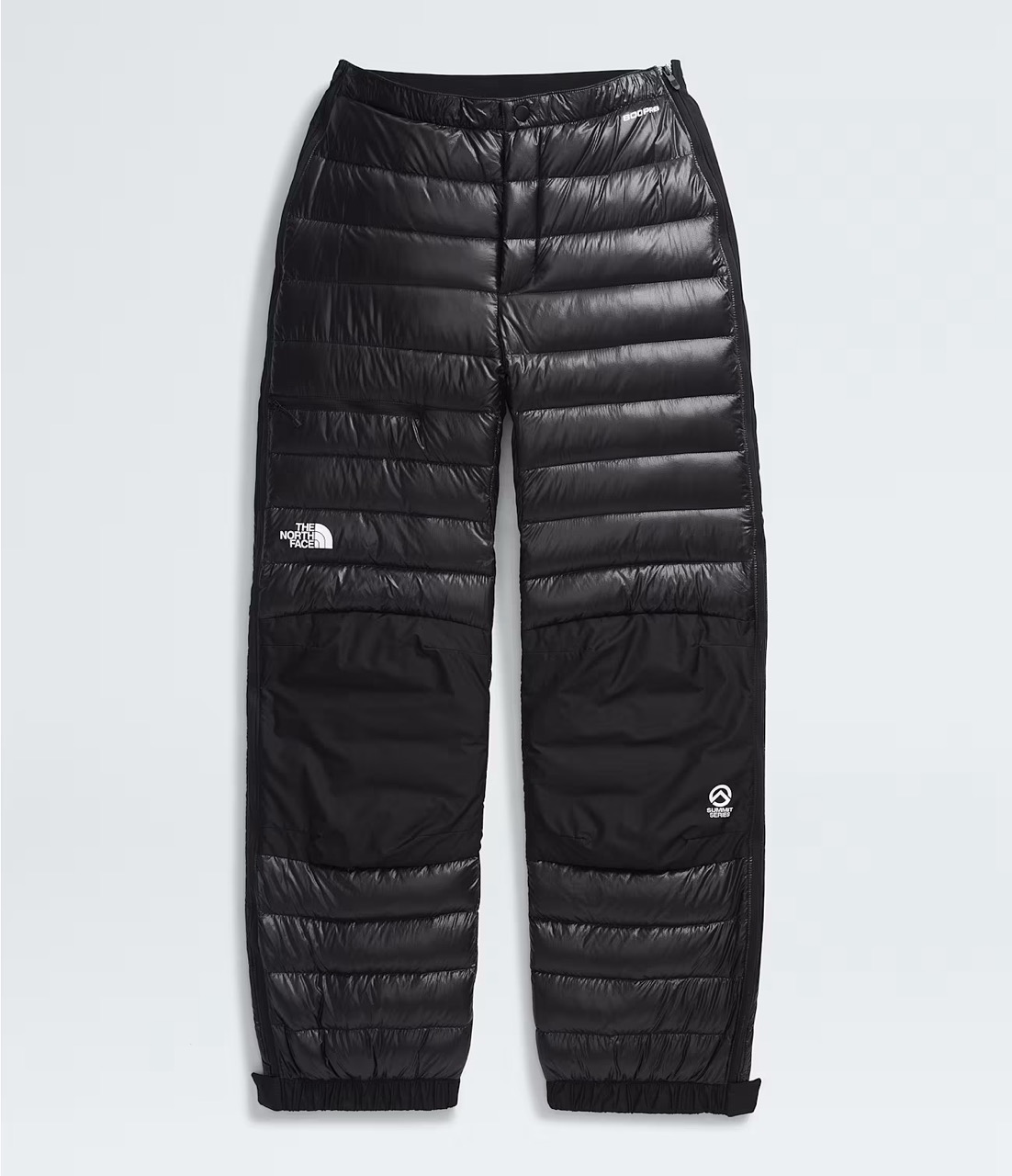 Down Pant
Down Pant
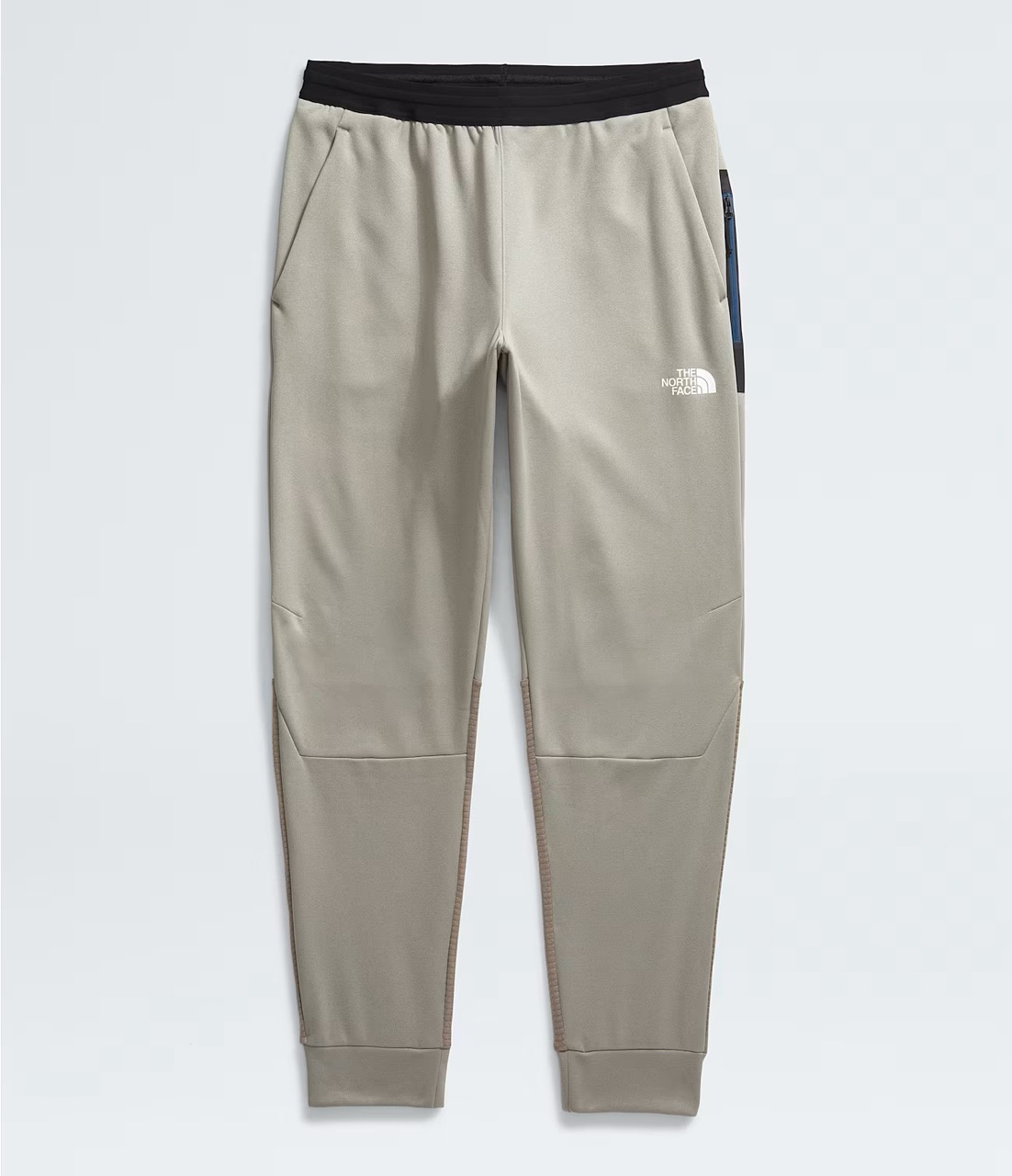 Fleece Trouser
Fleece Trouser
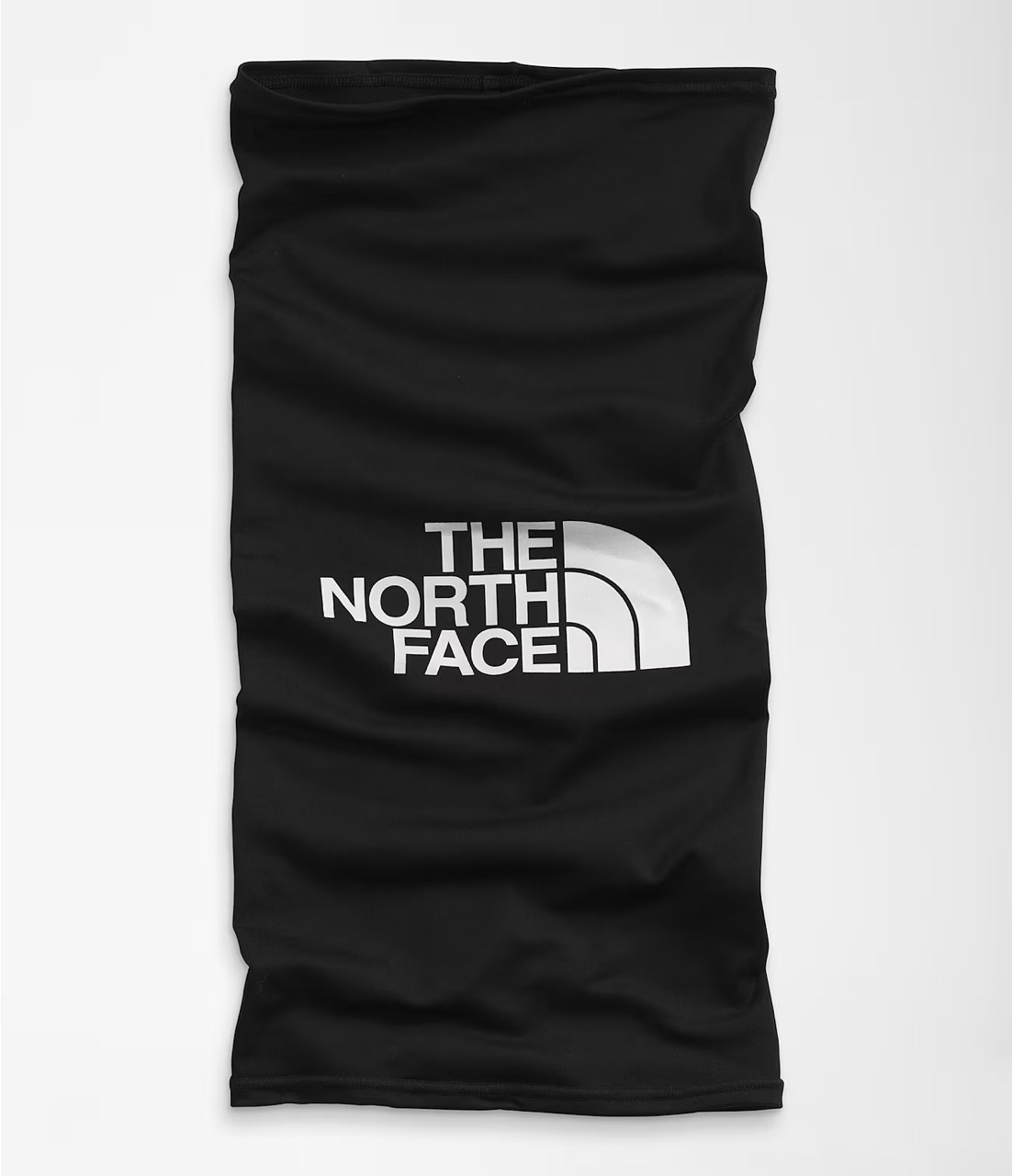 Gaiters for Trekking Boots
Gaiters for Trekking Boots
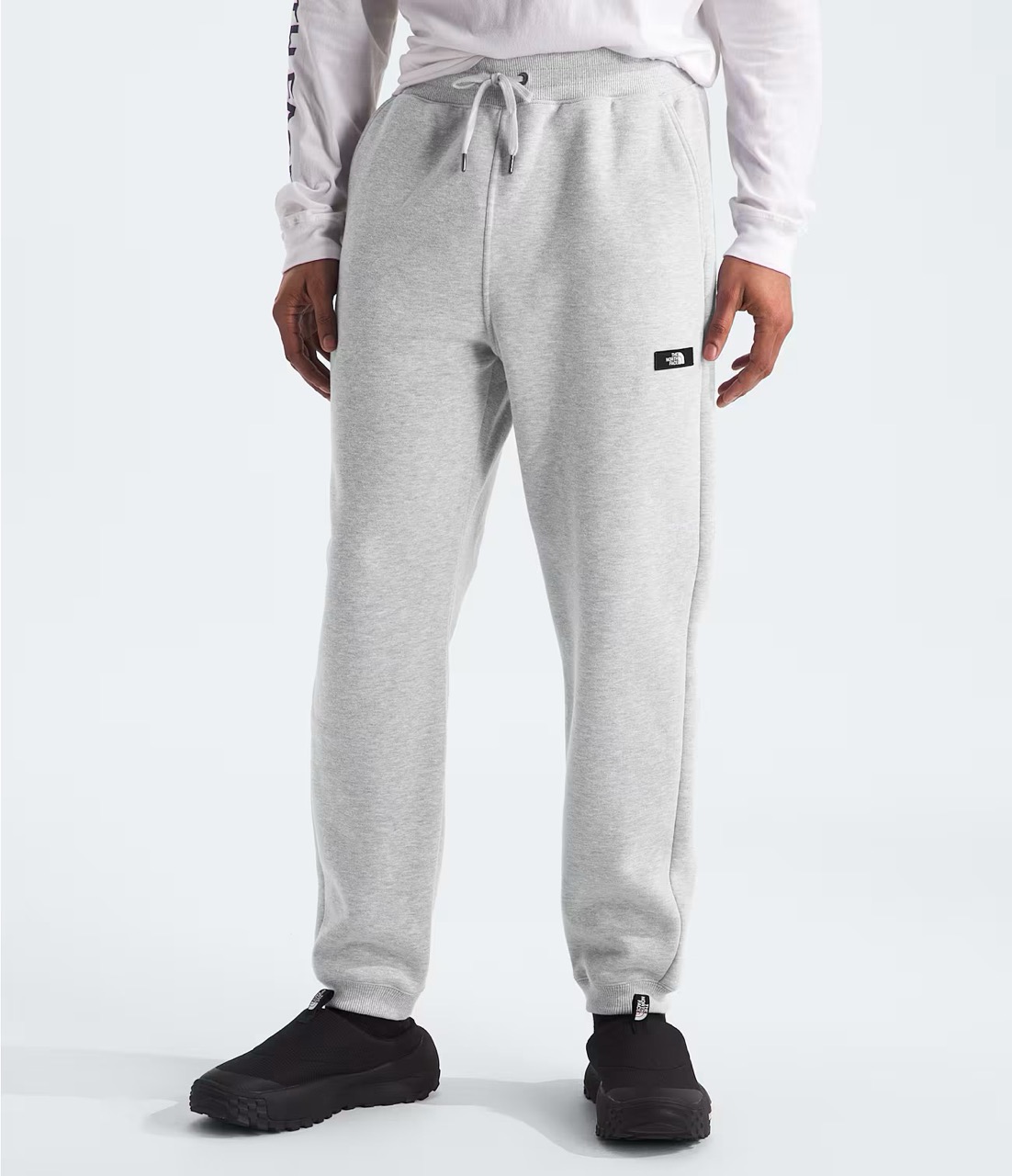 Heavy Weight Pant
Heavy Weight Pant
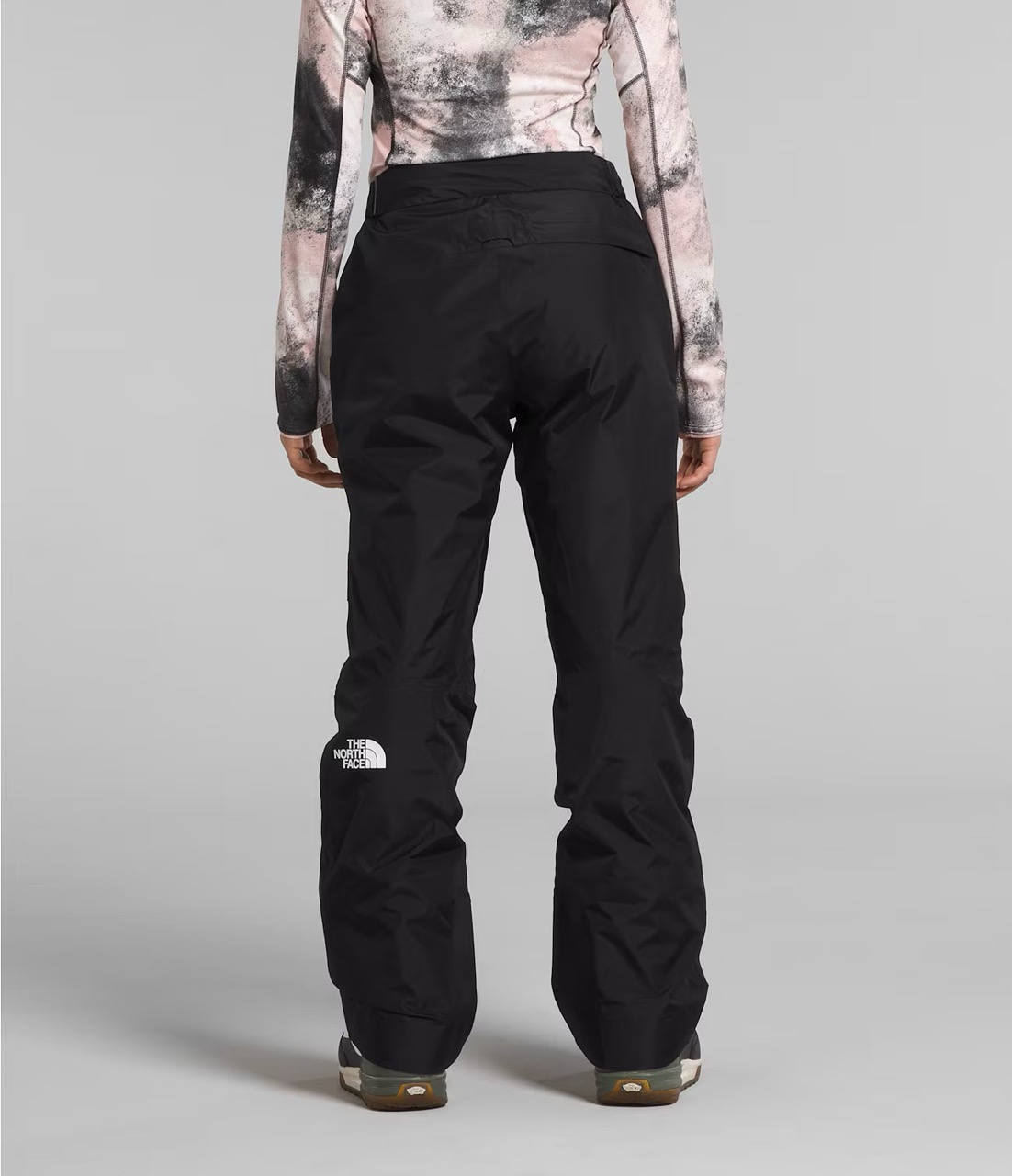 Gore Tex Pant
Gore Tex Pant
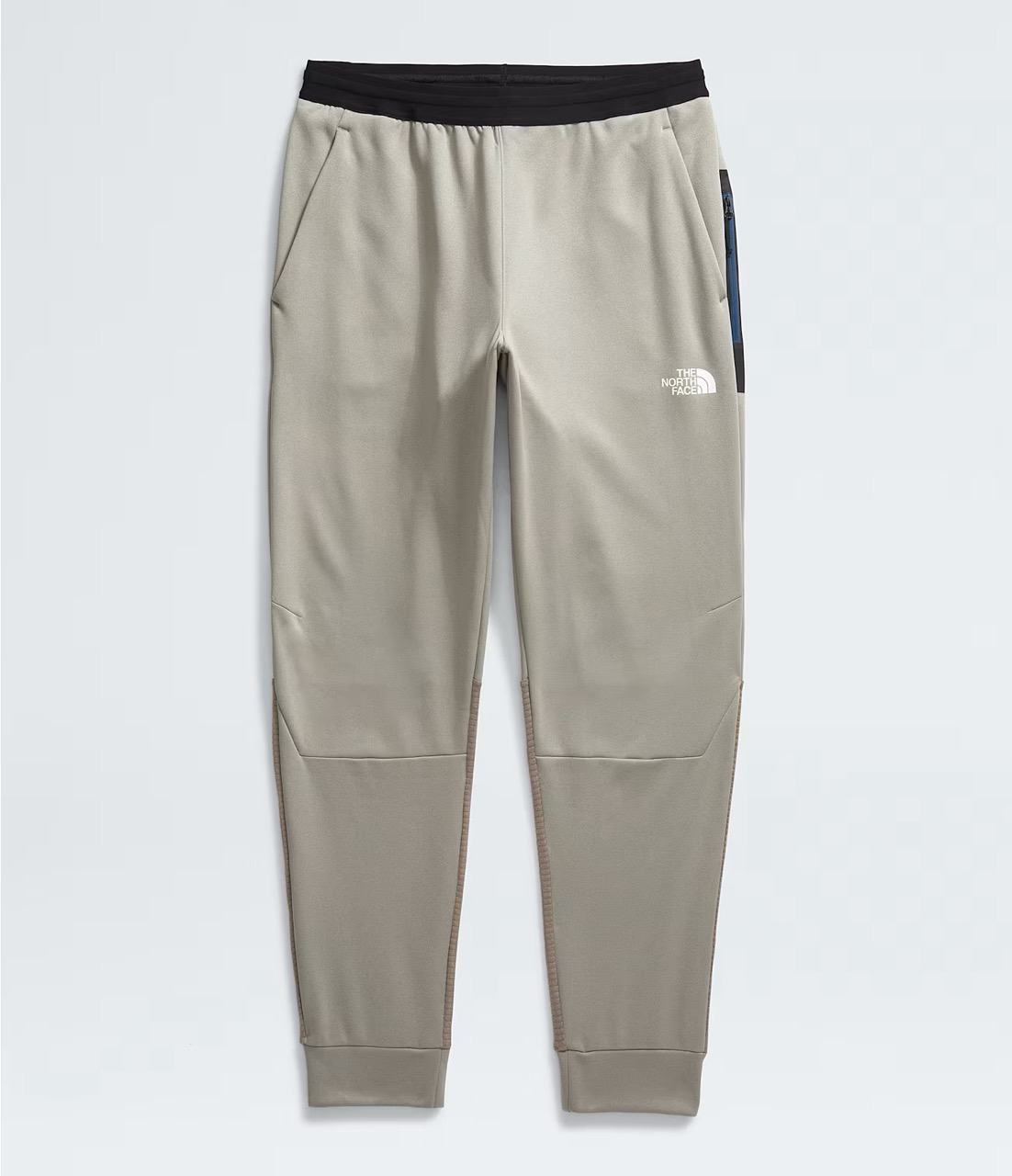 Mid Weight Pant
Mid Weight Pant
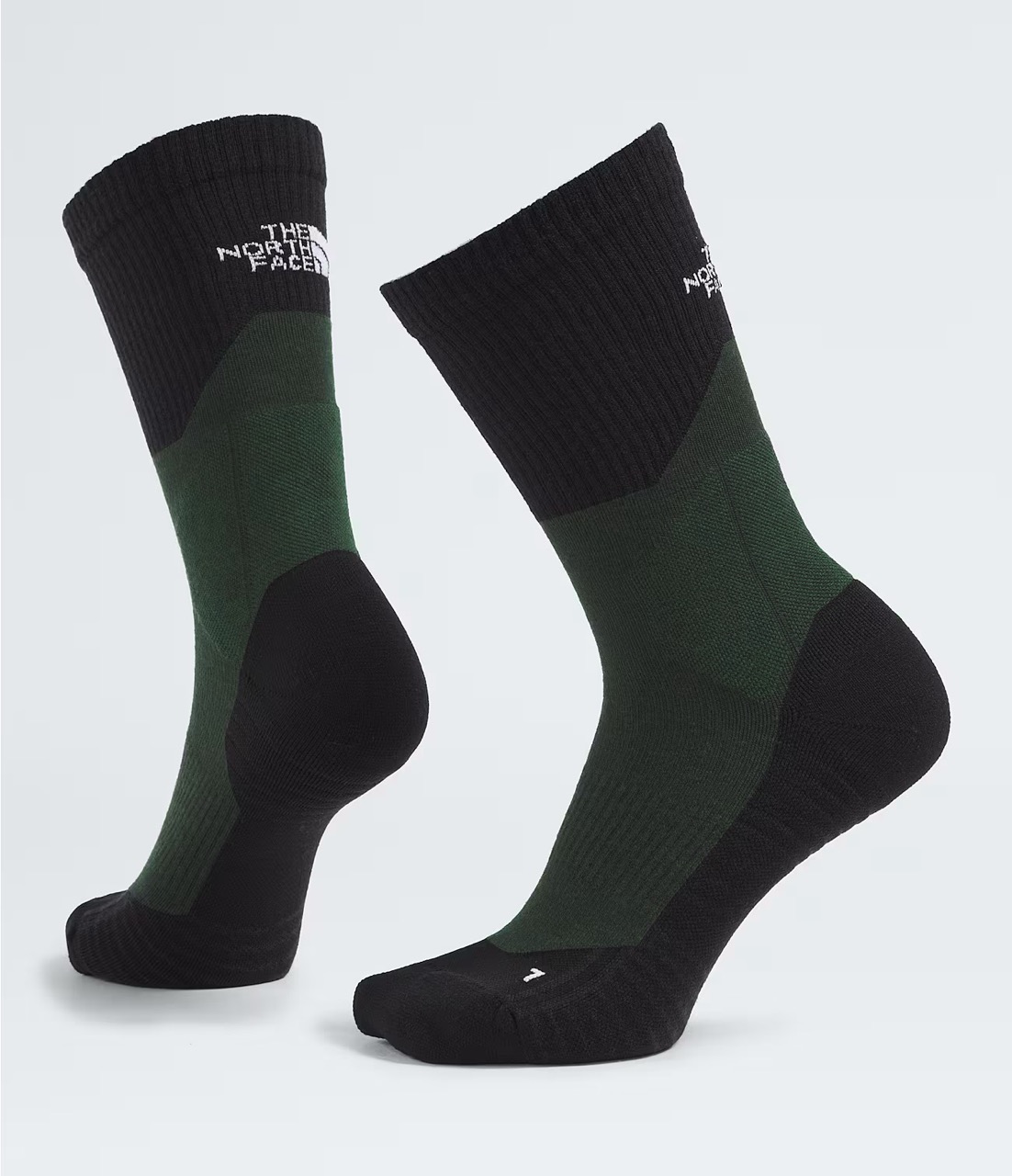 Normal Socks
Normal Socks
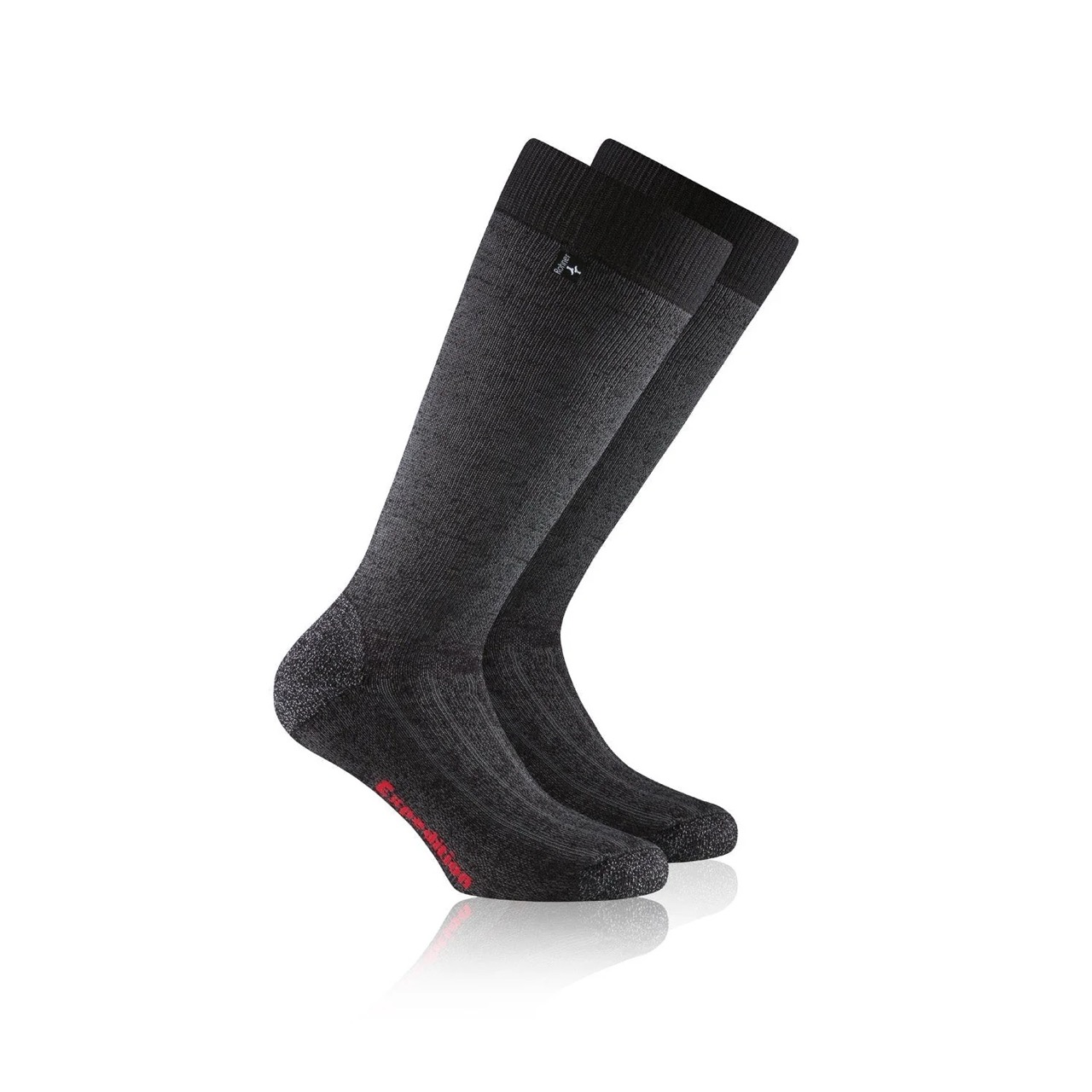 Summit Socks
Summit Socks
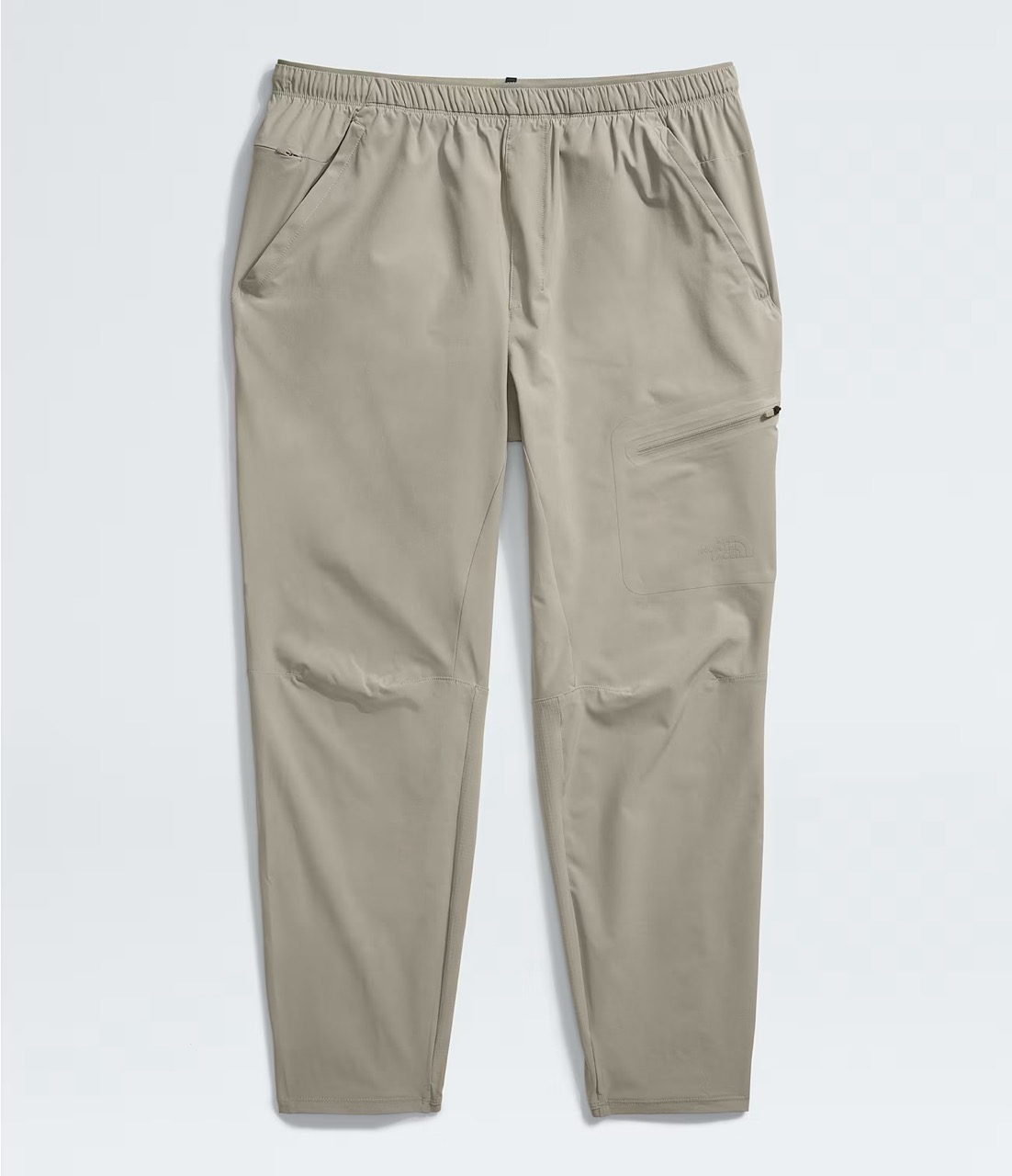 Trekking Pant
Trekking Pant
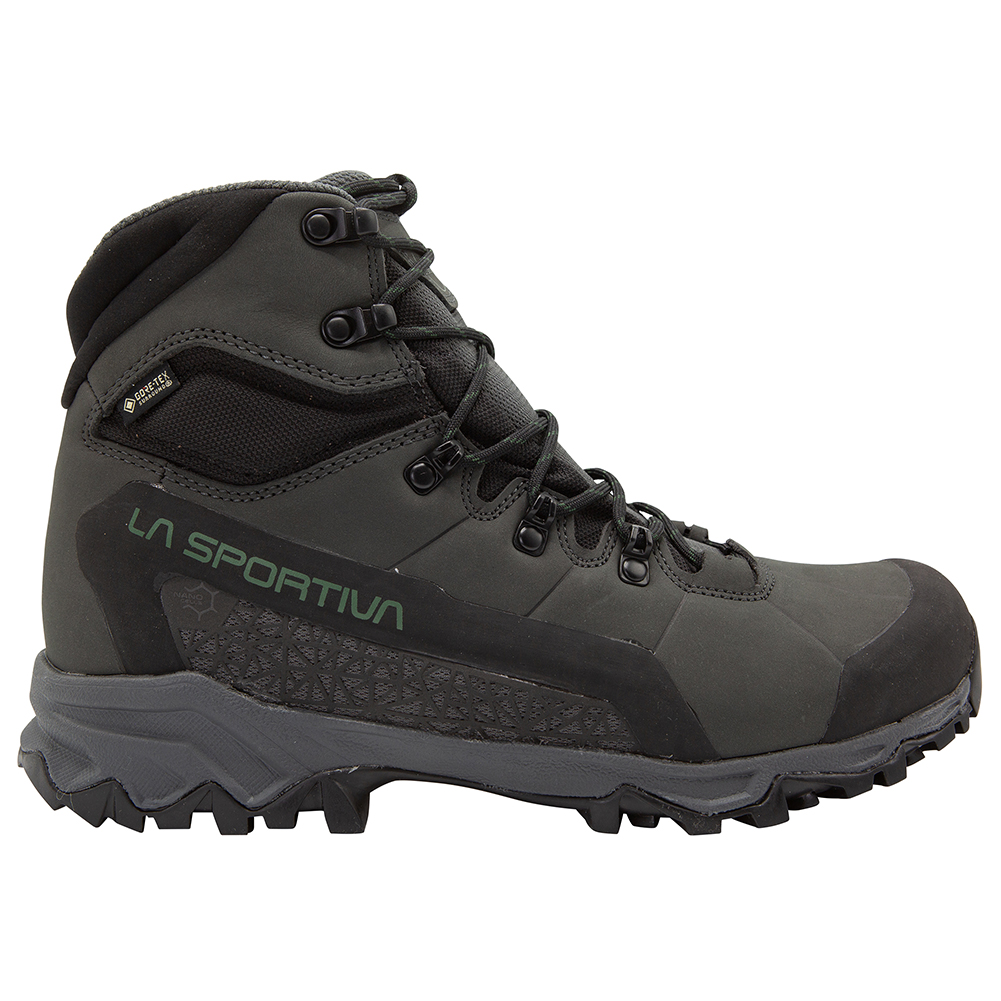 Trekking Shoes
Trekking Shoes
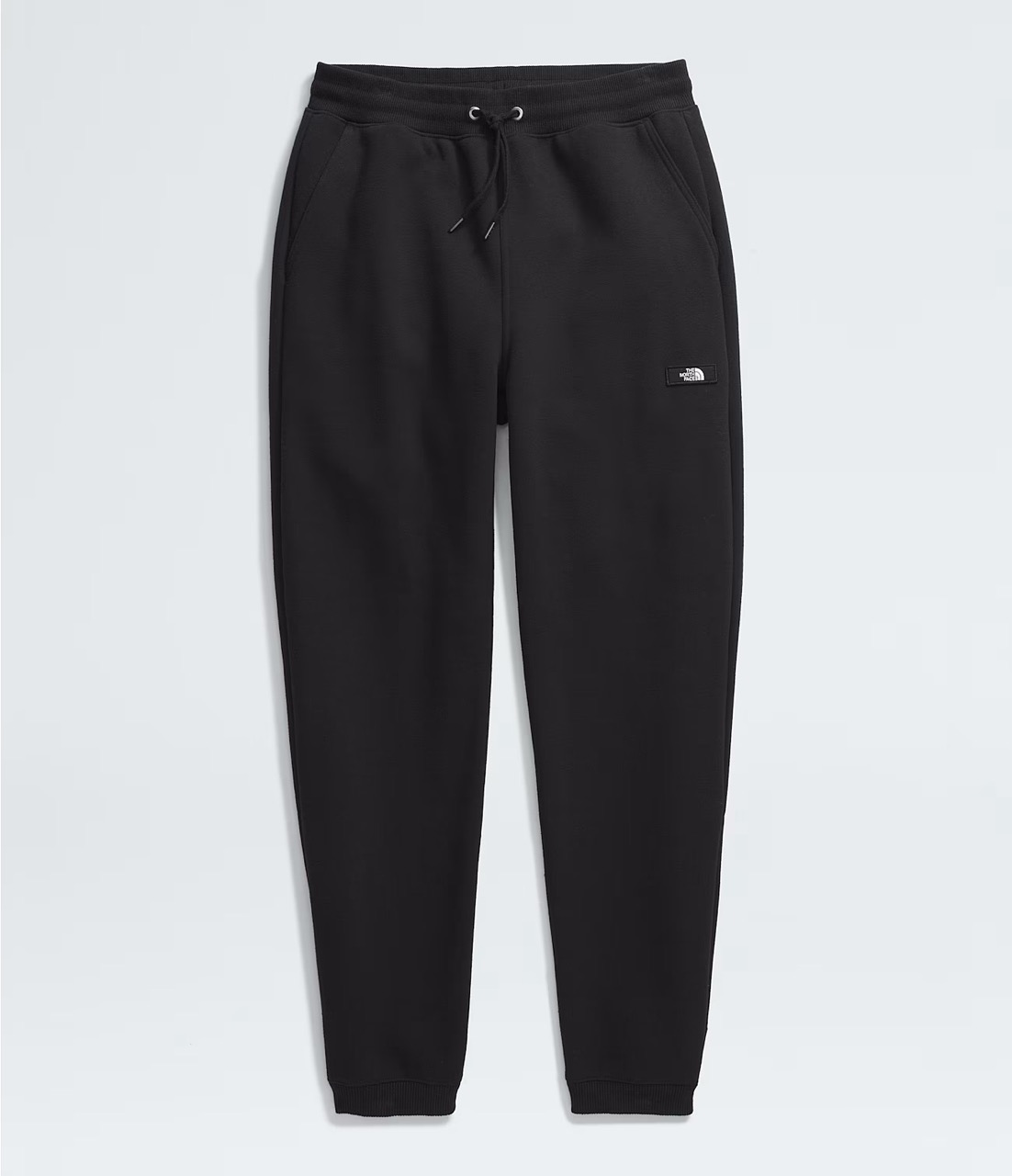 Trowser
Trowser
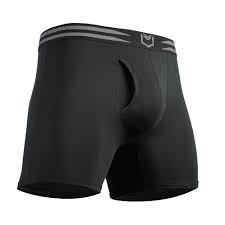 Under Wear
Under Wear
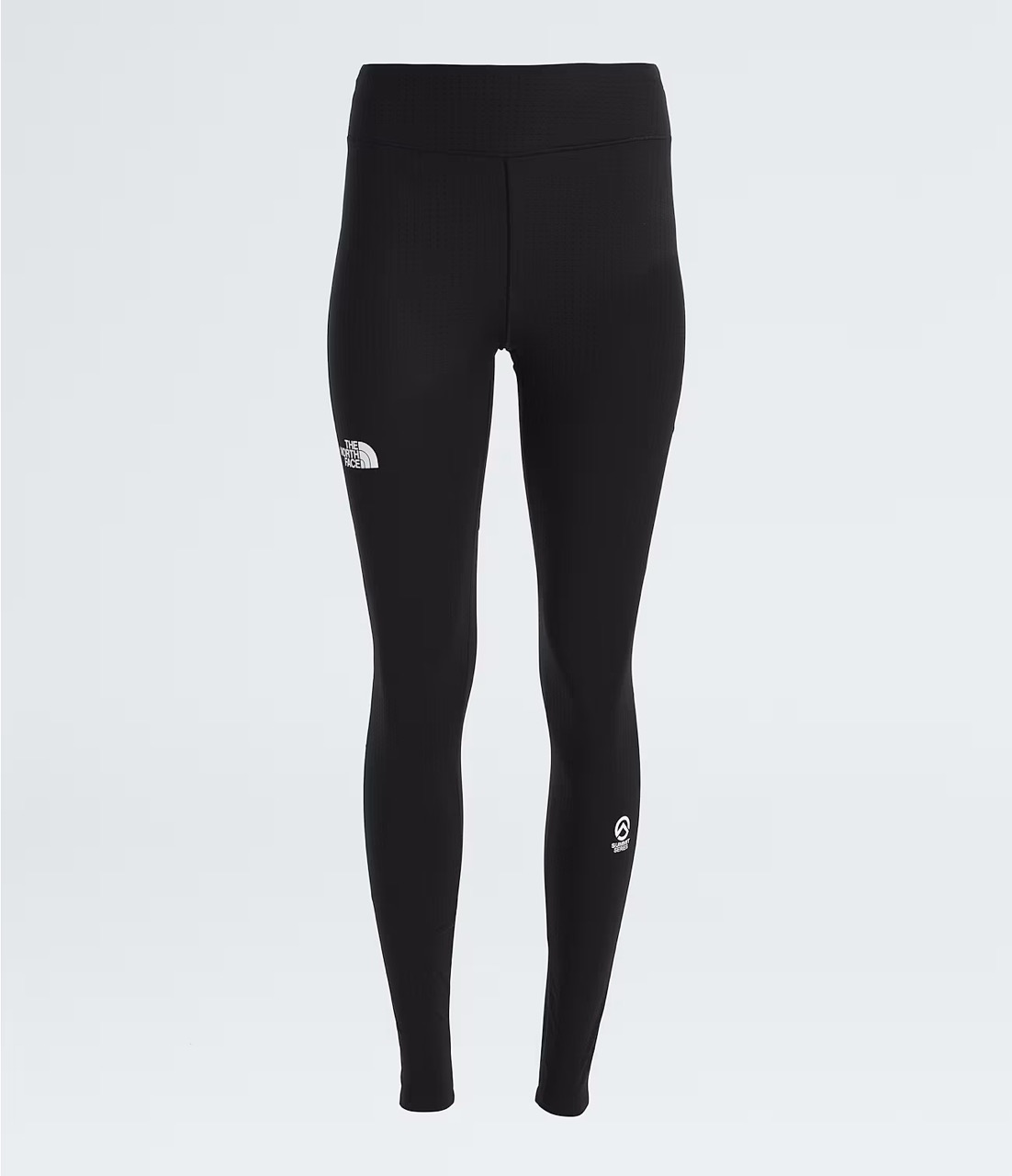 Thermal Bottom Base Layer
Thermal Bottom Base Layer
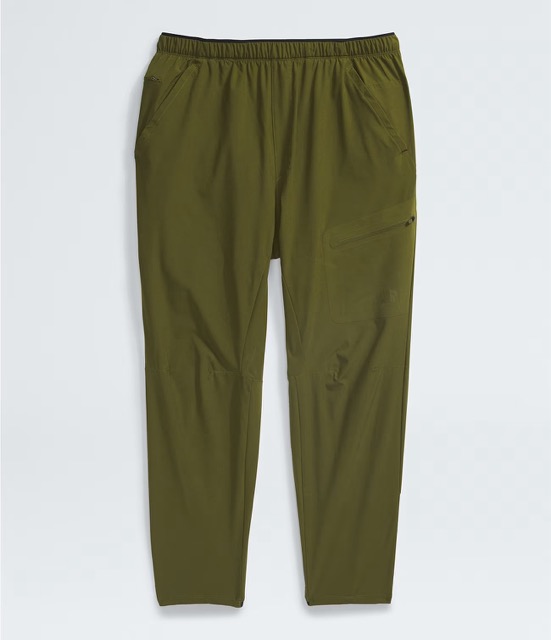 Trekking Pants
Trekking Pants
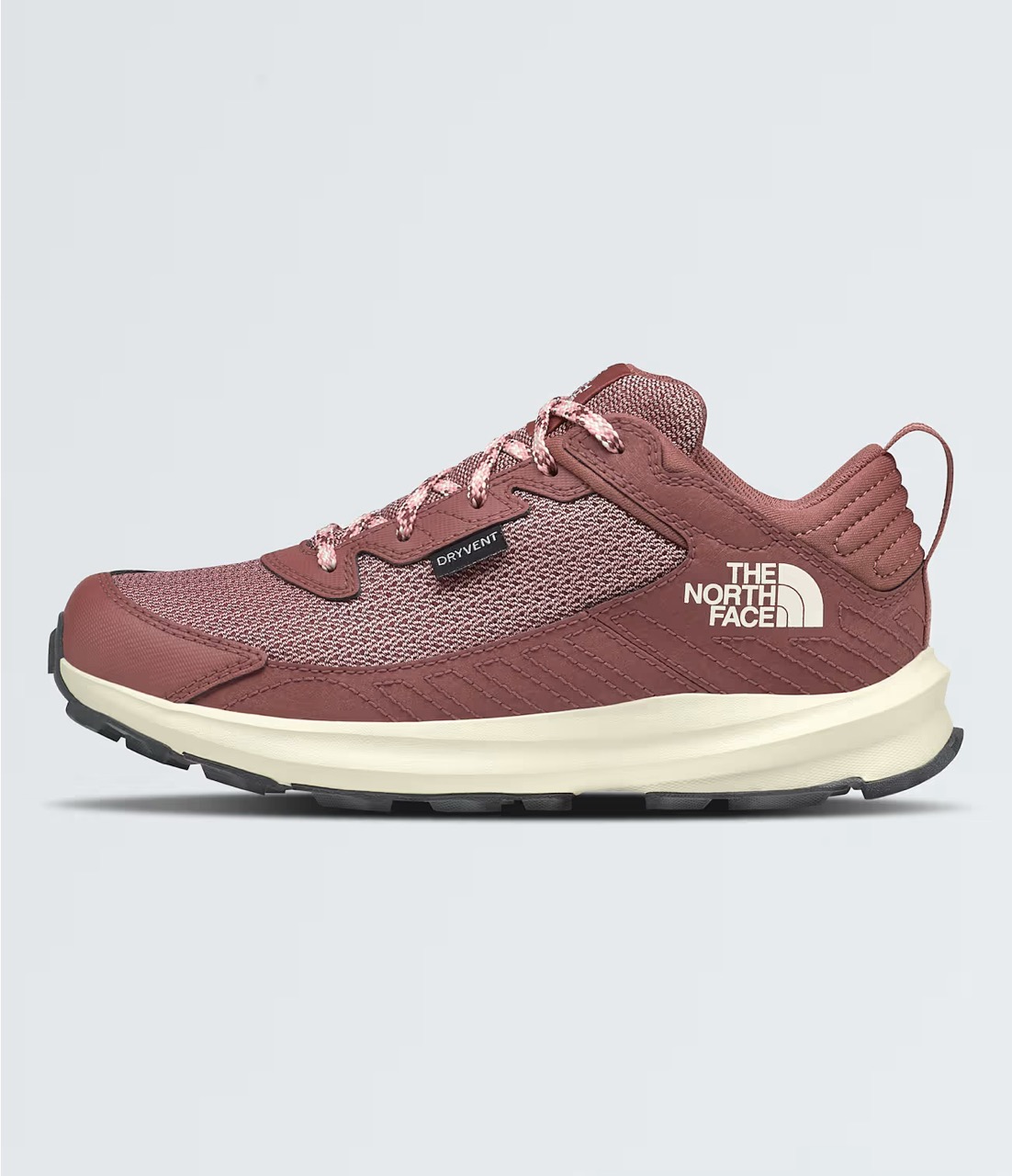 Sport Shoes
Sport Shoes
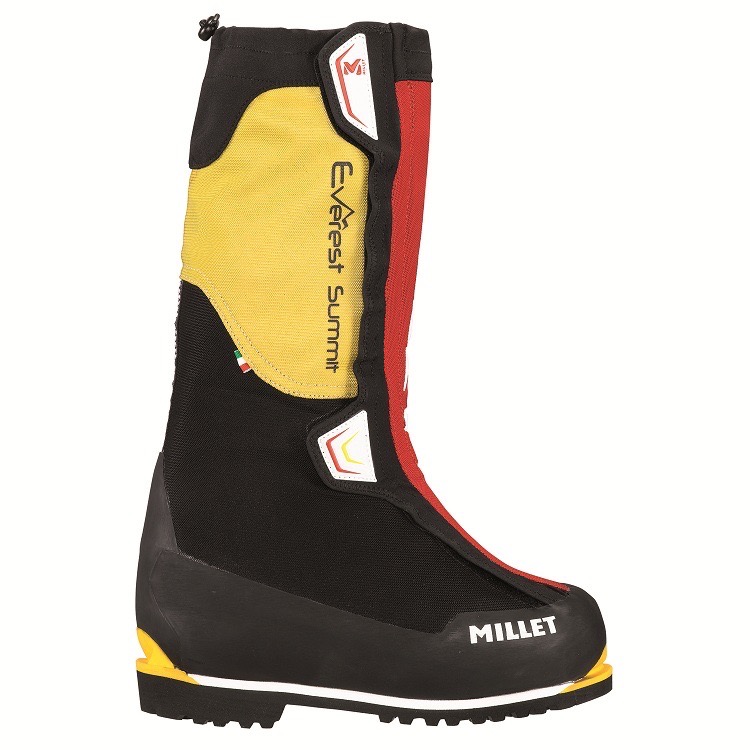 Summit Boot - 8000m
Summit Boot - 8000m
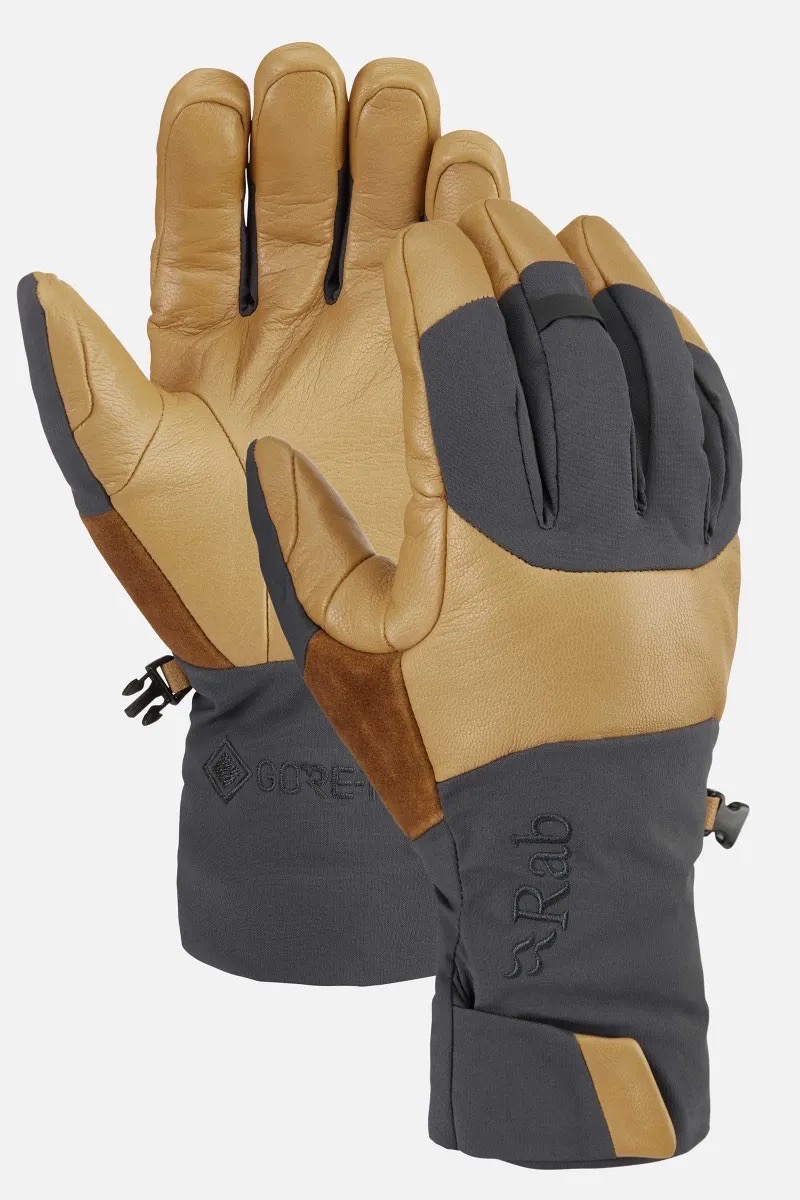 Heavy Gloves(Guide)
Heavy Gloves(Guide)
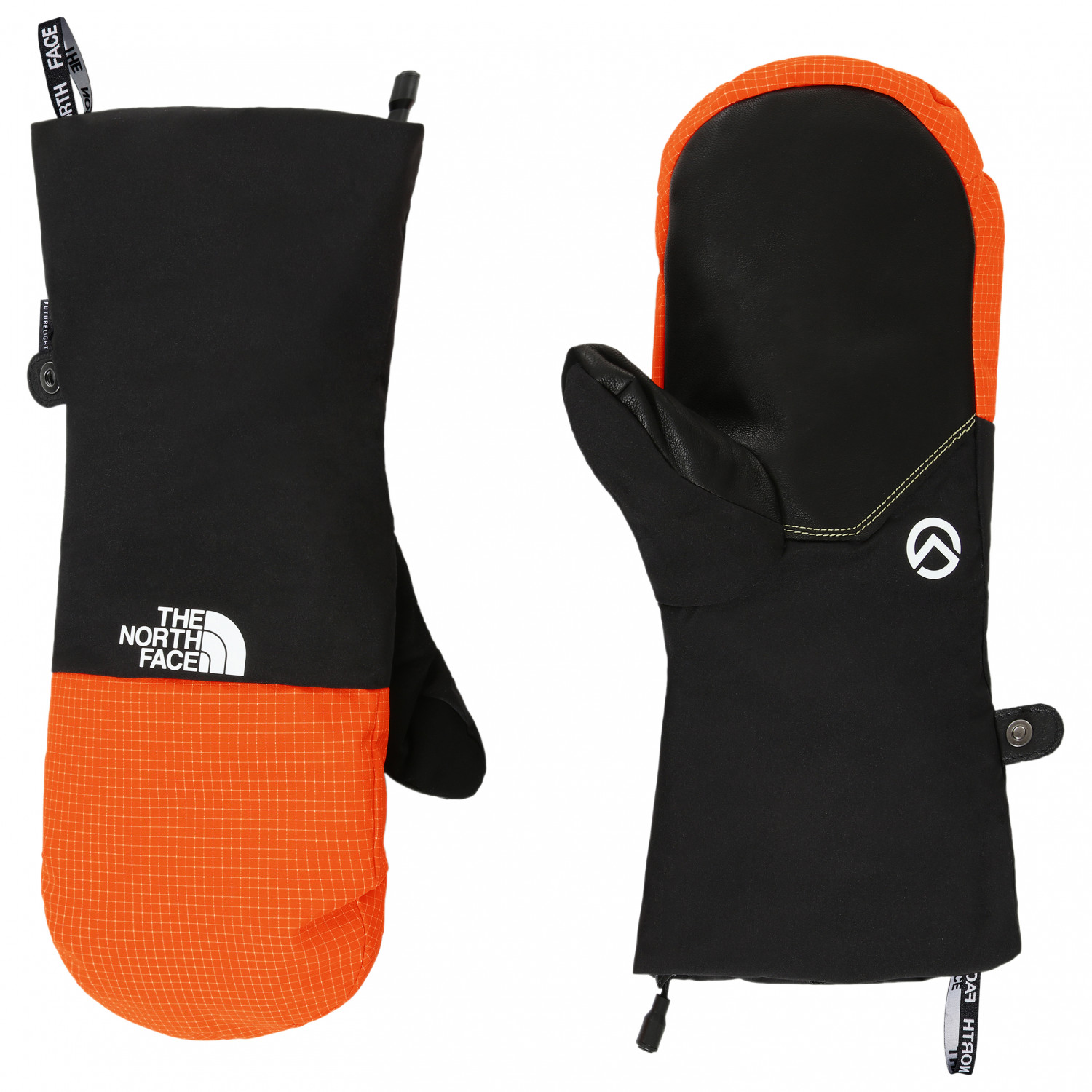 Summit Gloves
Summit Gloves
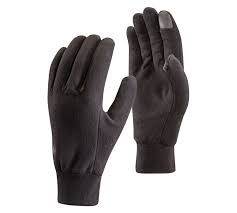 Thin Fleece Gloves
Thin Fleece Gloves
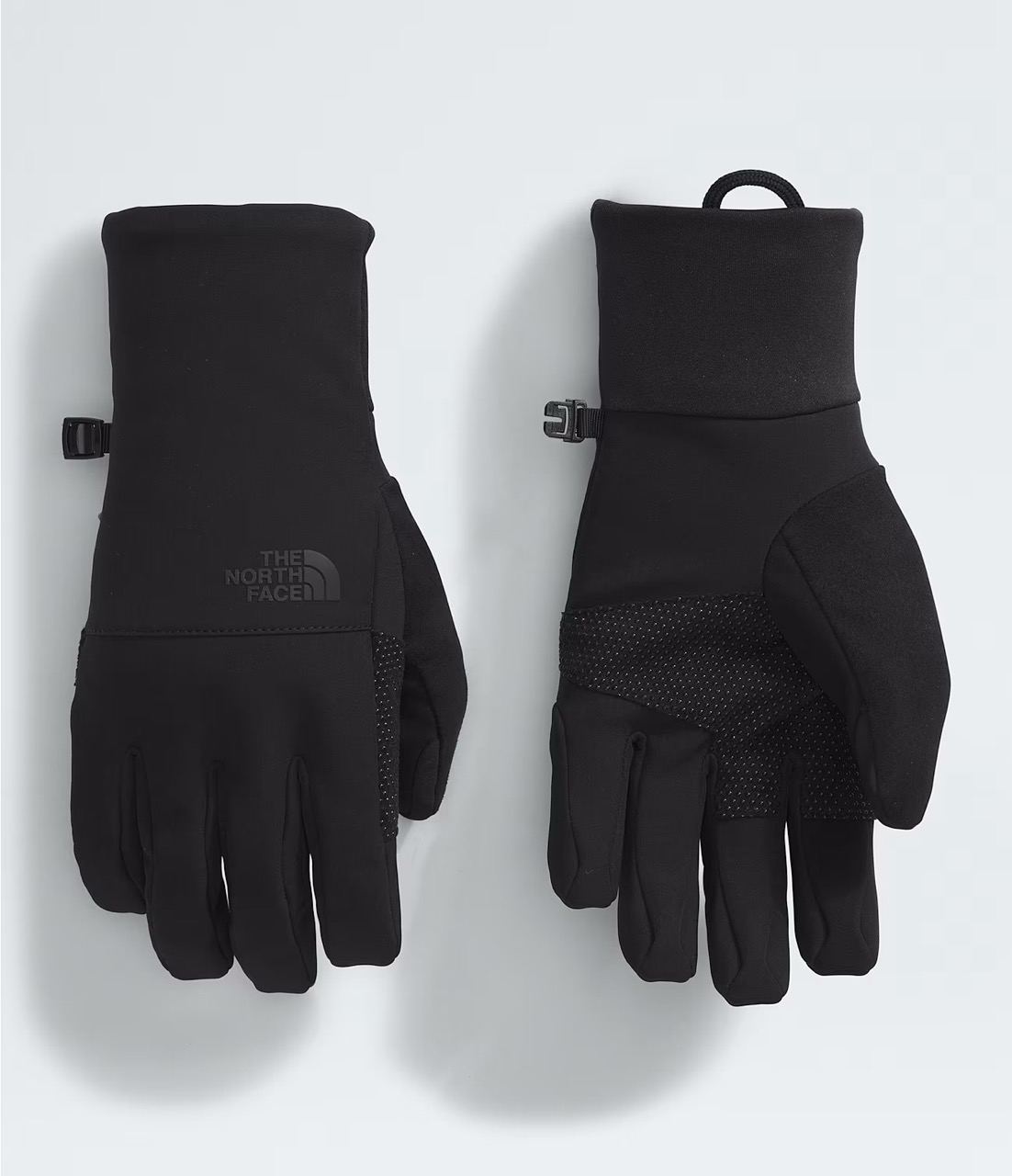 Wind Stopper Gloves
Wind Stopper Gloves
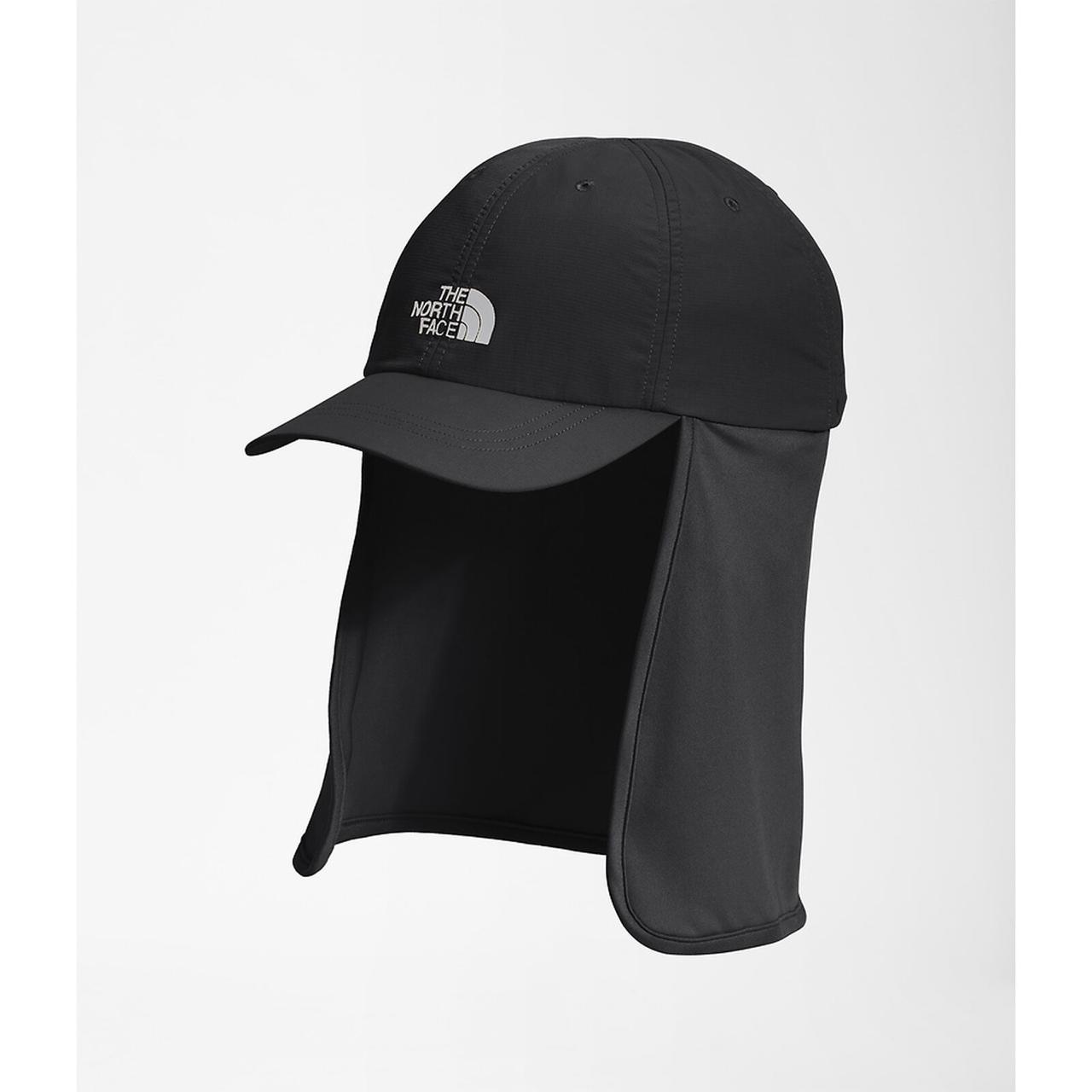 Desert Cap
Desert Cap
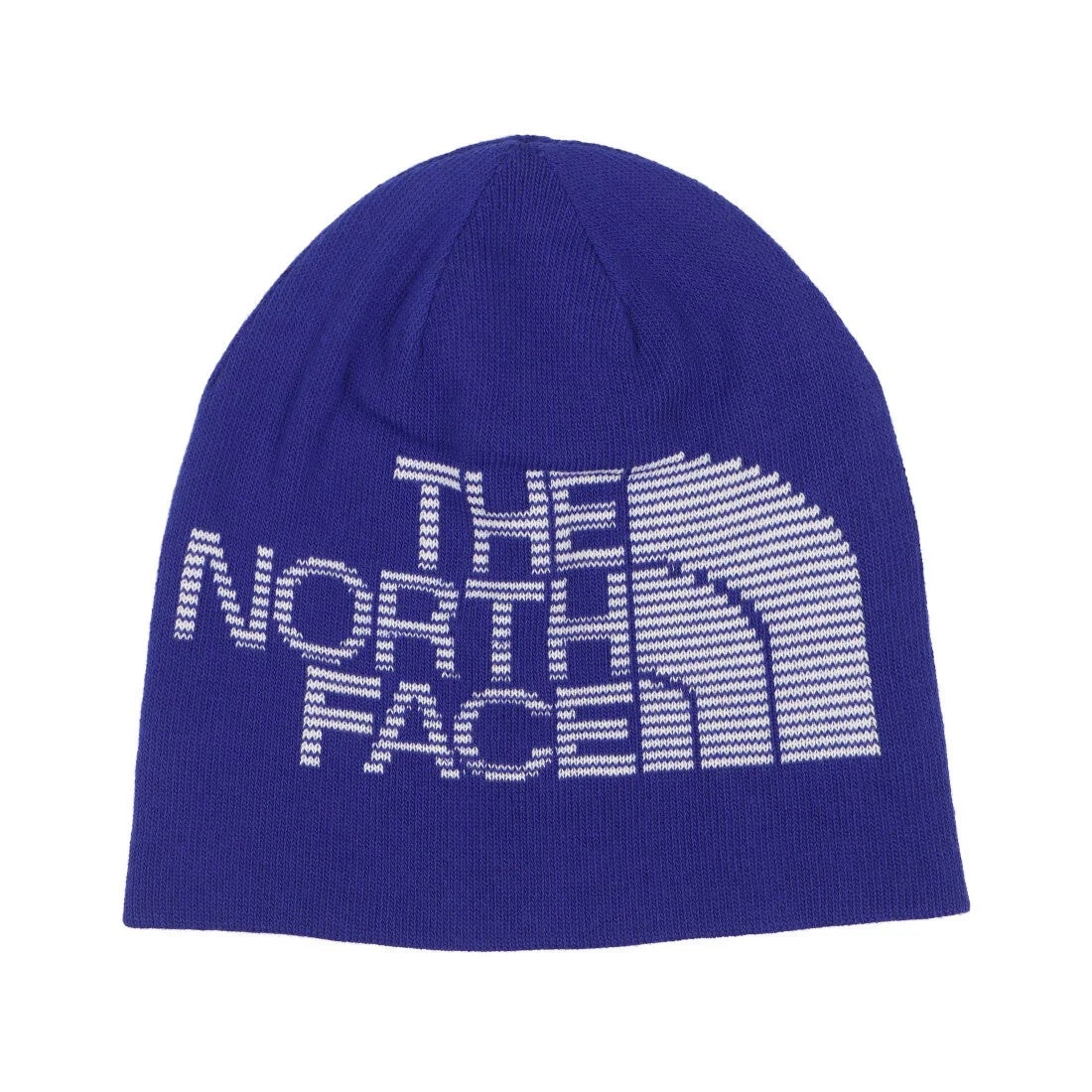 Fleece Hat/Warm Hat
Fleece Hat/Warm Hat
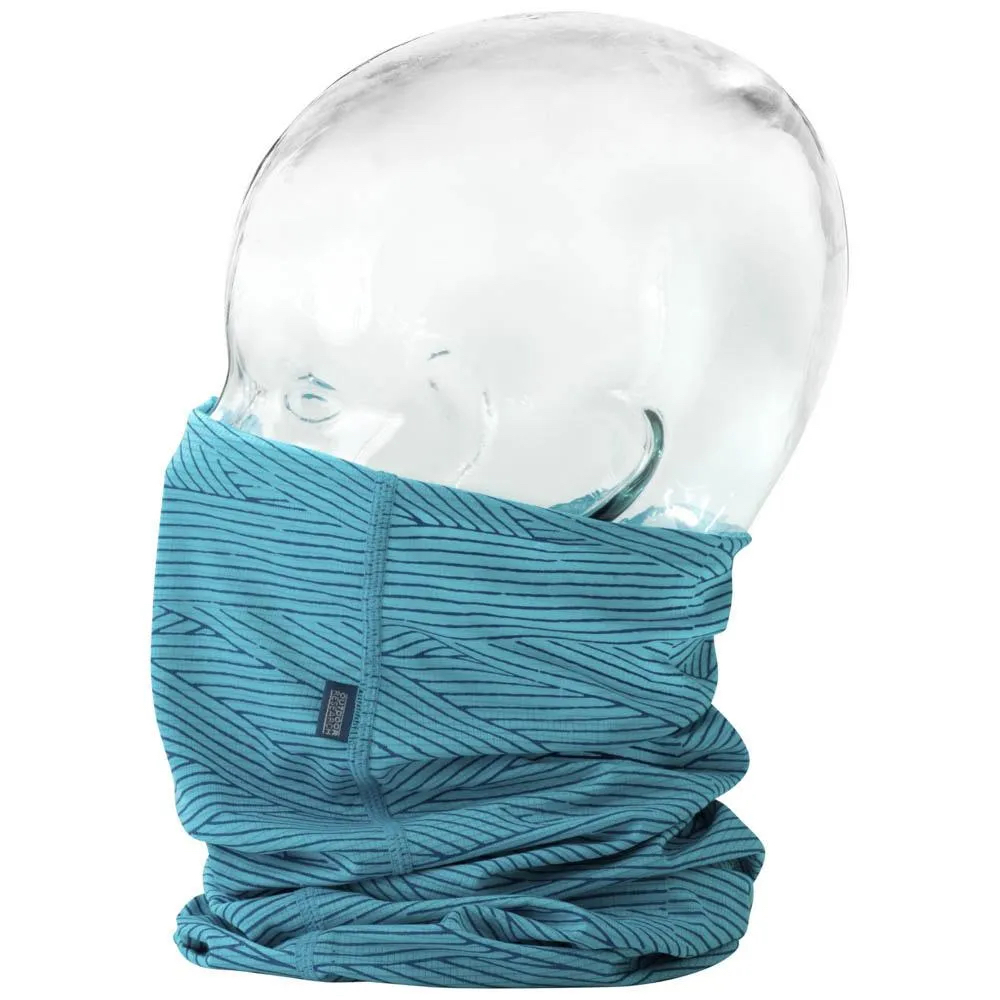 Neck Gaiter
Neck Gaiter
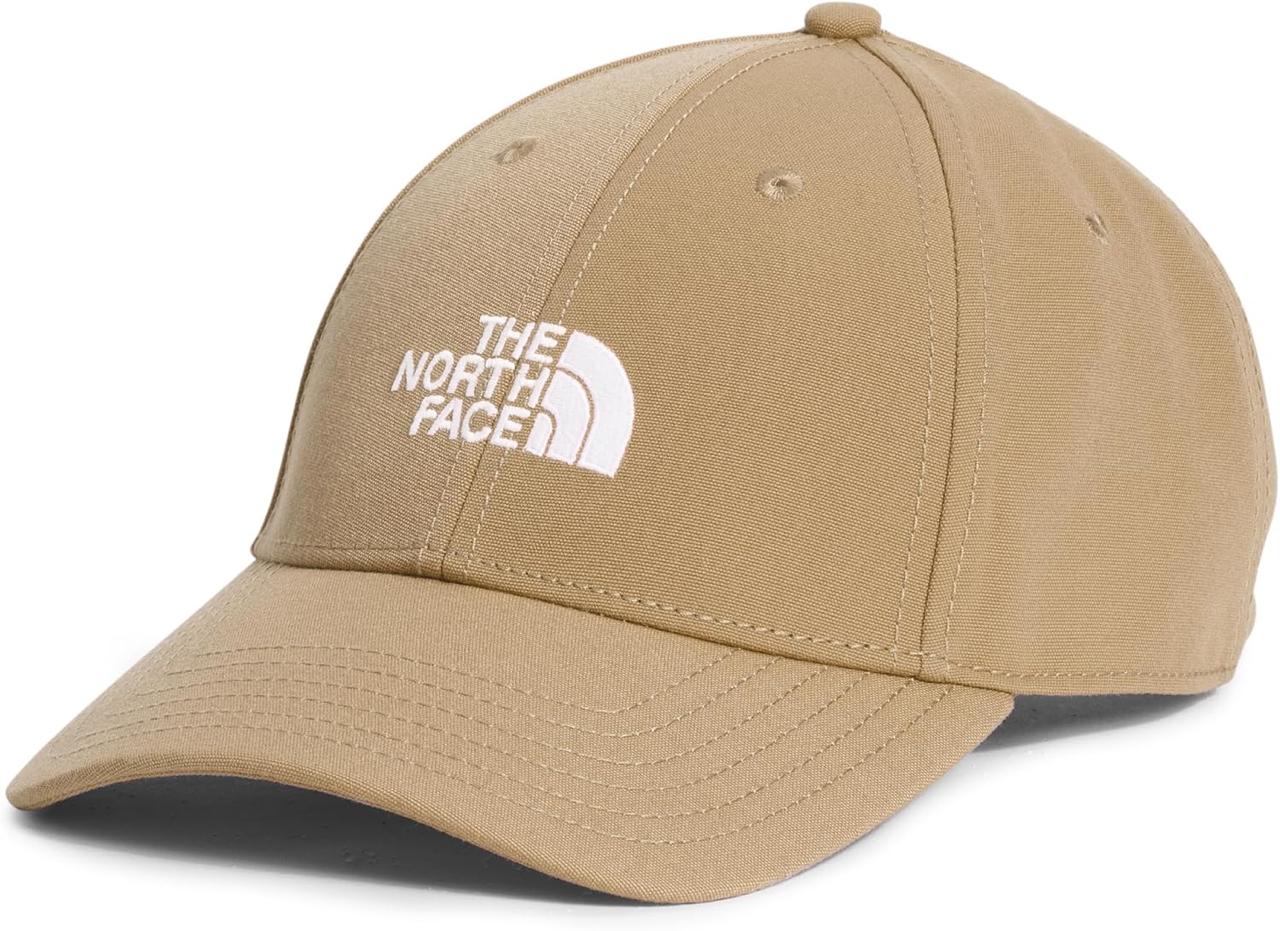 Sun Cap
Sun Cap
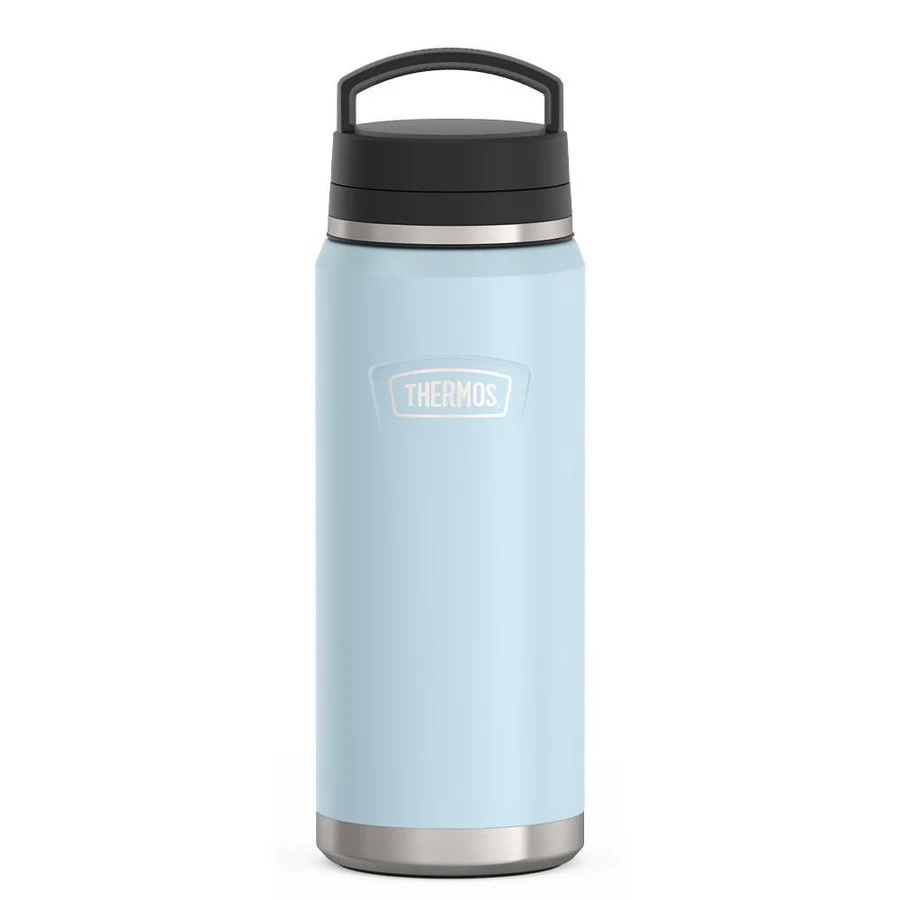 Thermos
Thermos
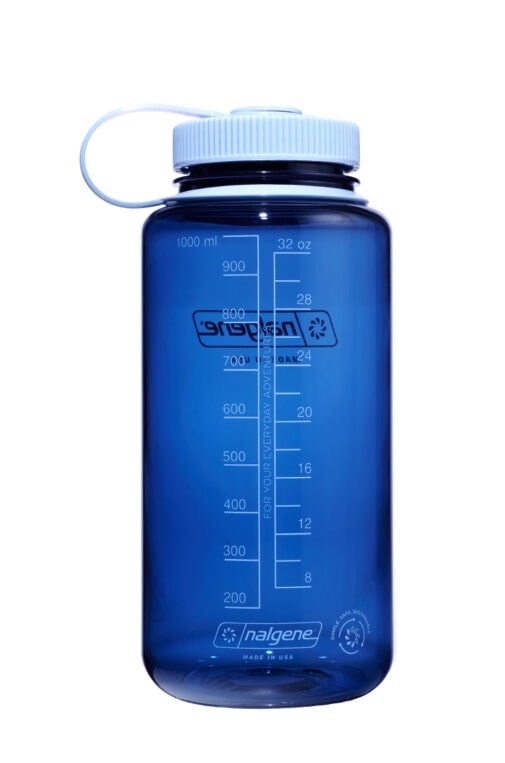 Water bottle
Water bottle
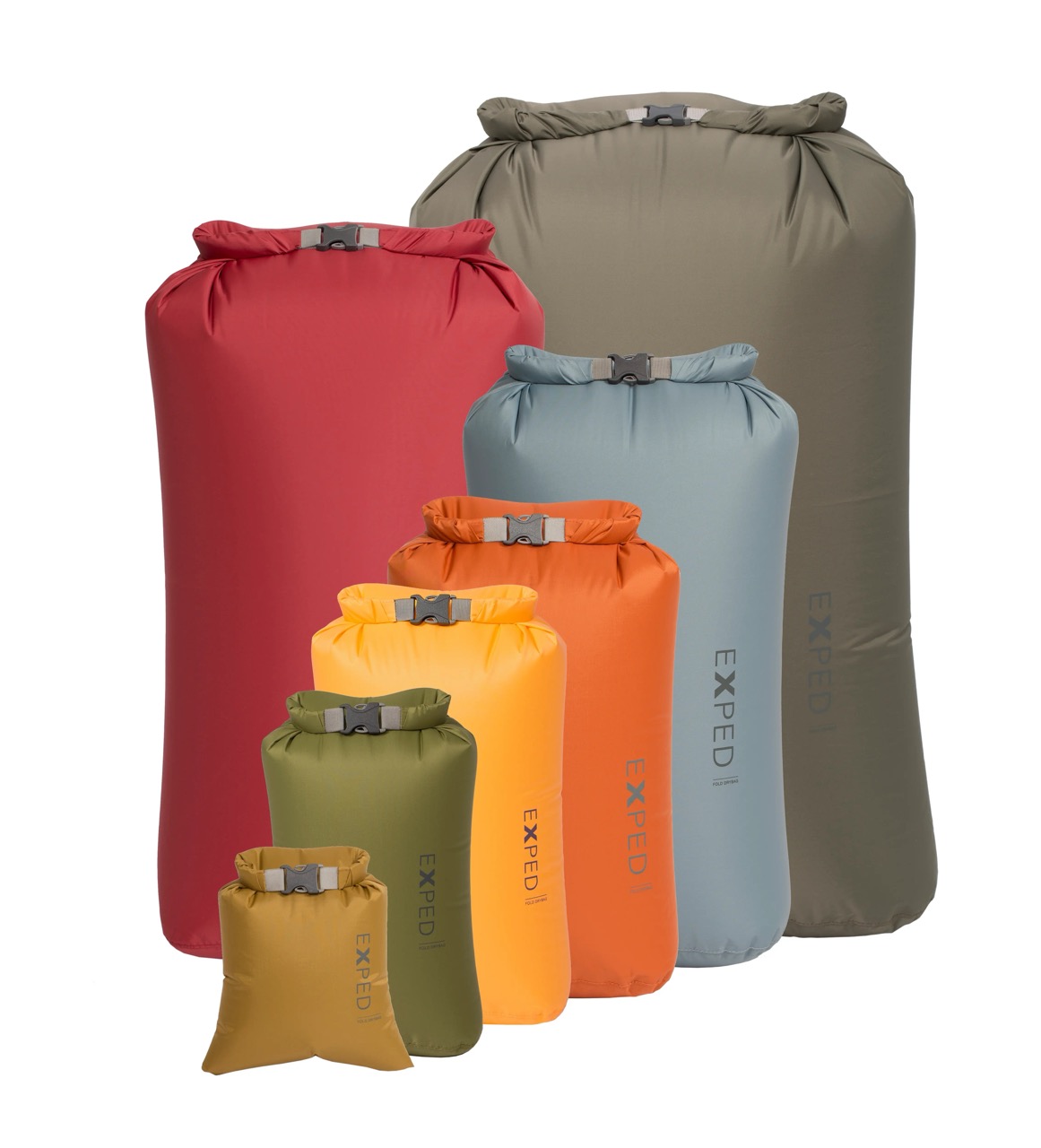 Dry Bags
Dry Bags
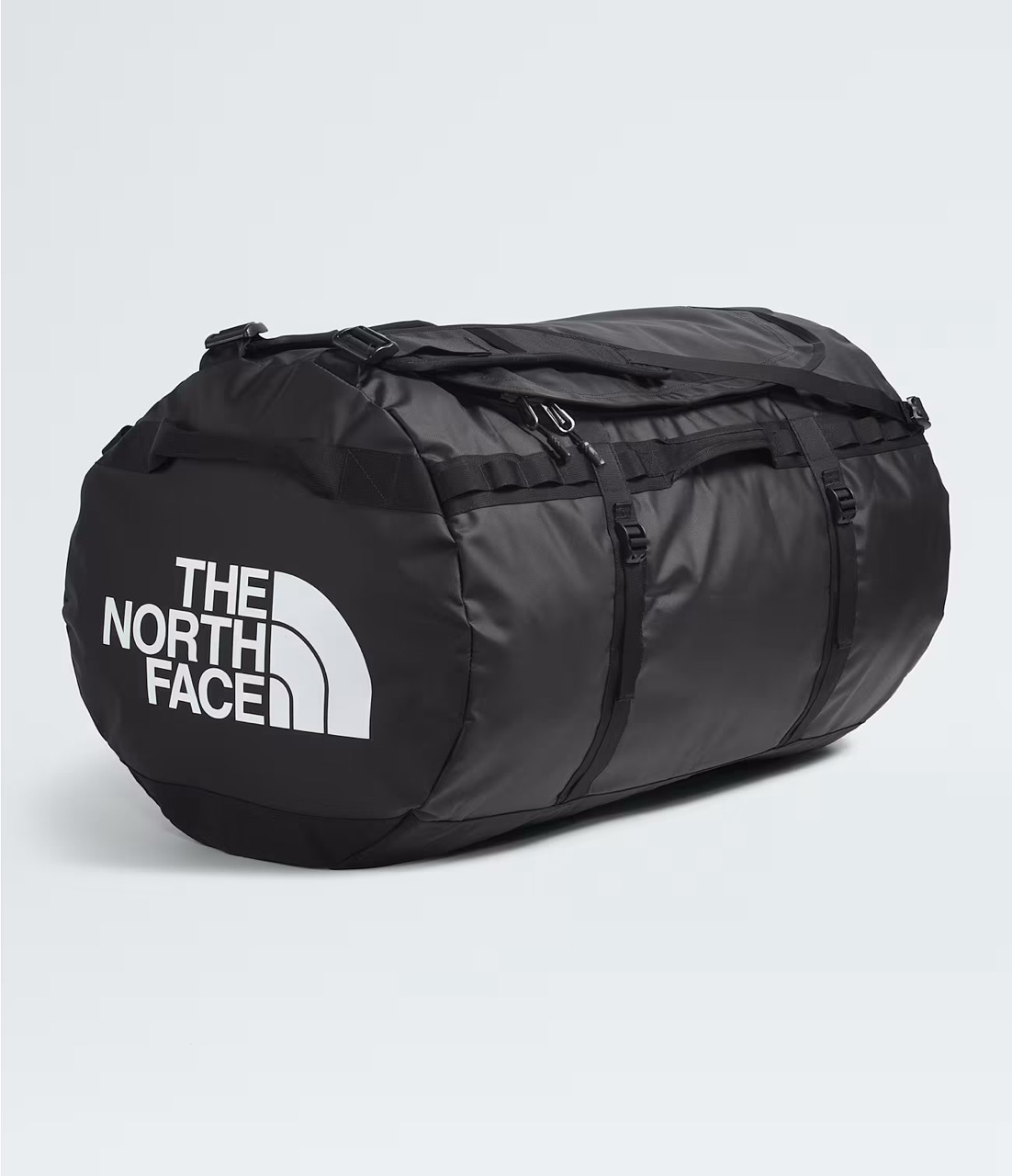 Duffle Bag
Duffle Bag
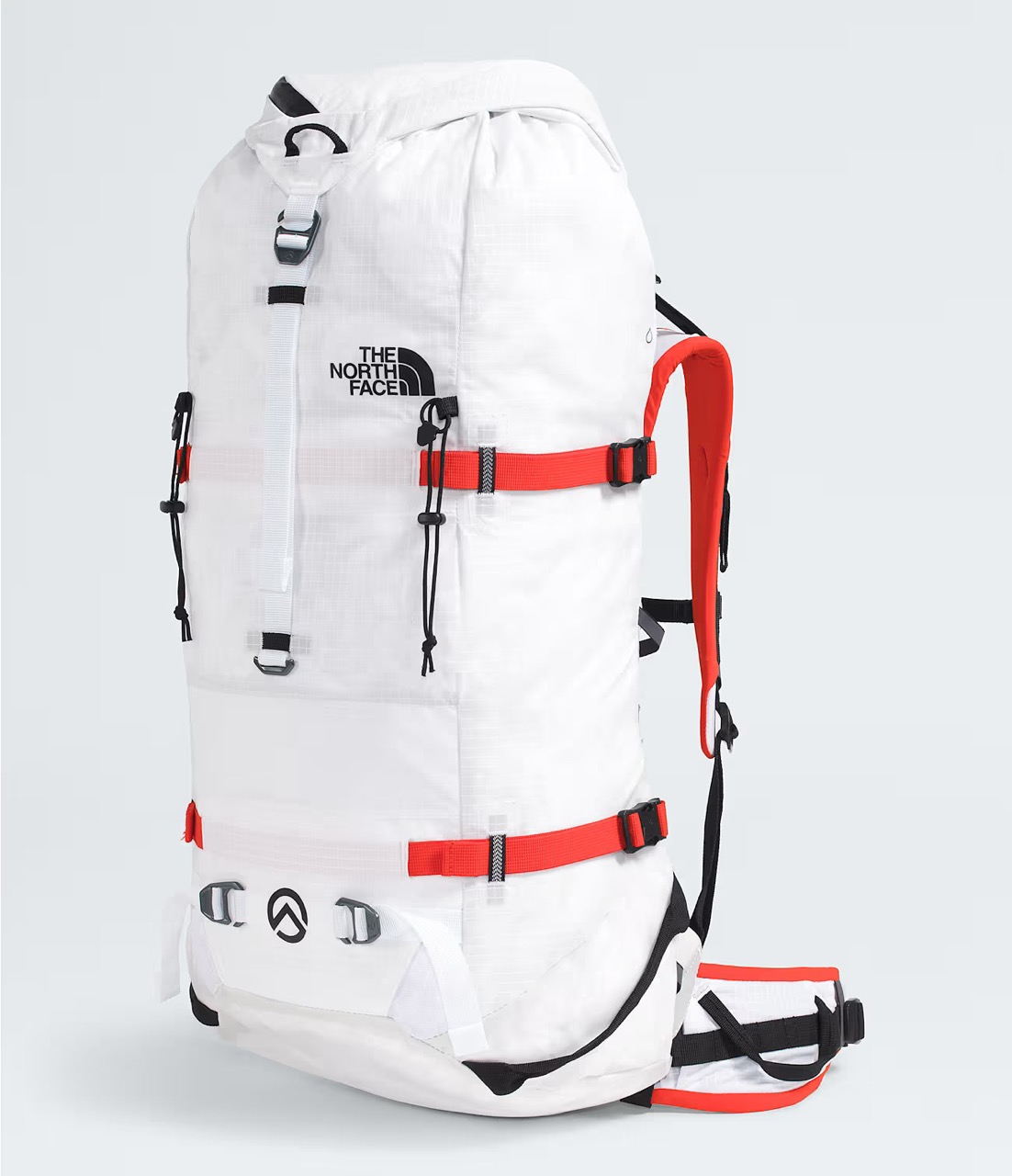 Rucksack 35L-50L
Rucksack 35L-50L
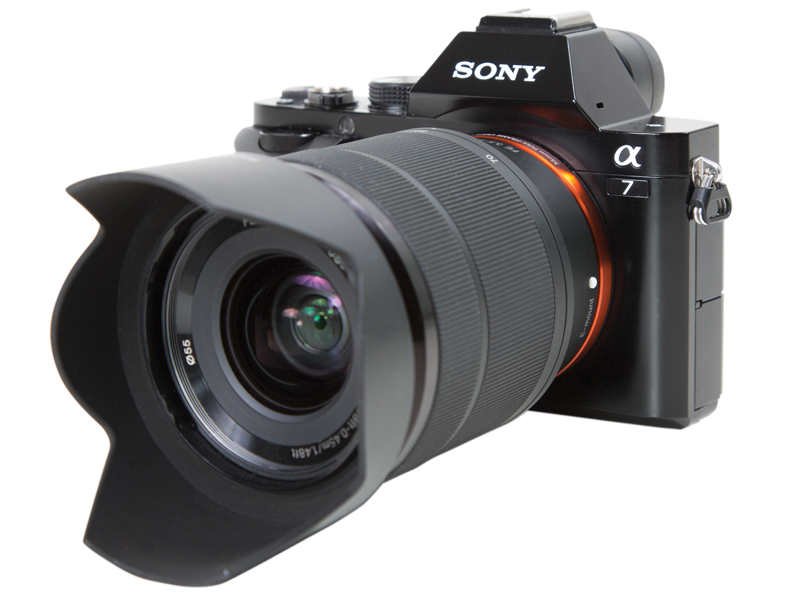 Camera
Camera
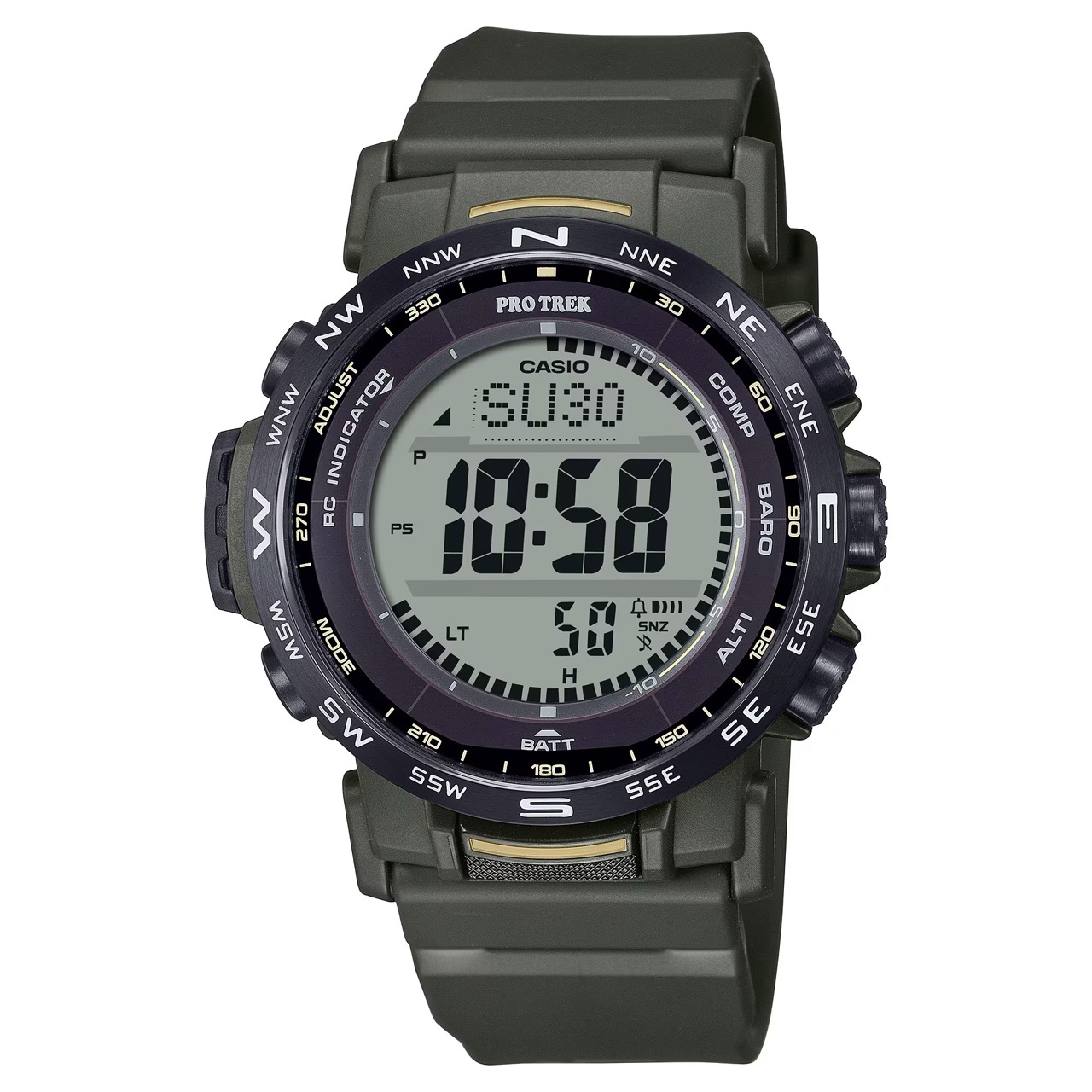 Altimeter Watch
Altimeter Watch
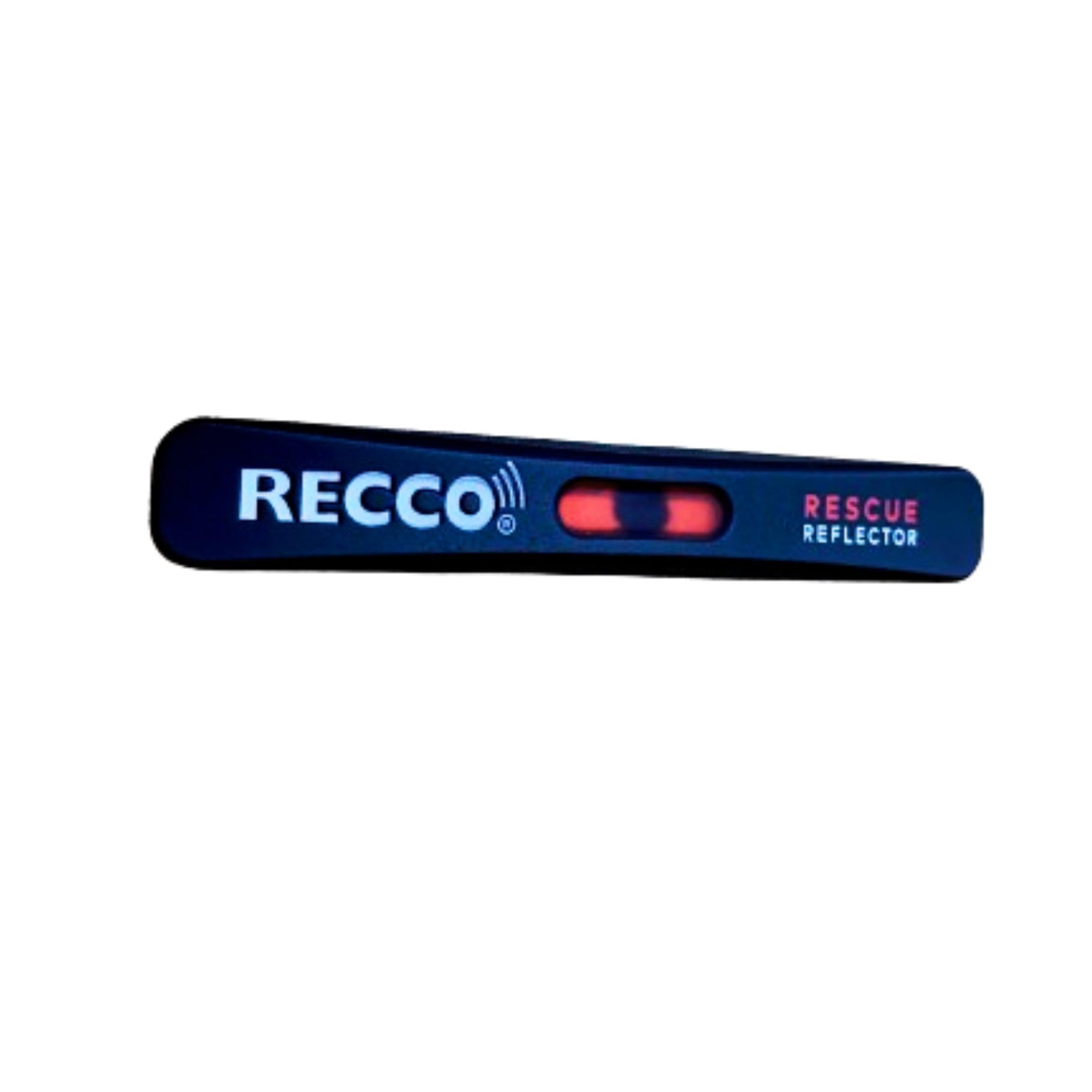 GPS Tracker
GPS Tracker
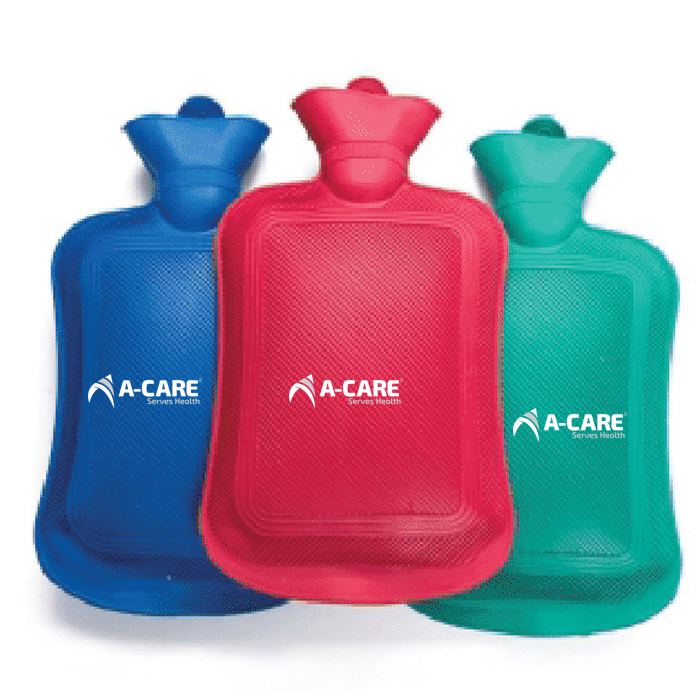 Hot Water Bag
Hot Water Bag
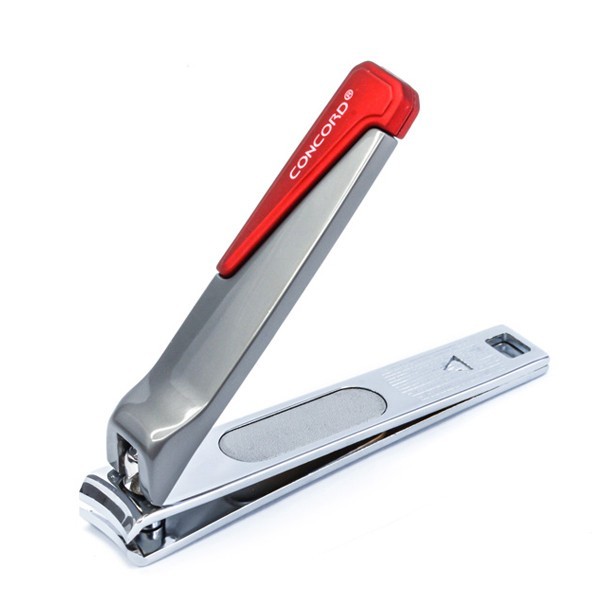 Nail Cutter
Nail Cutter
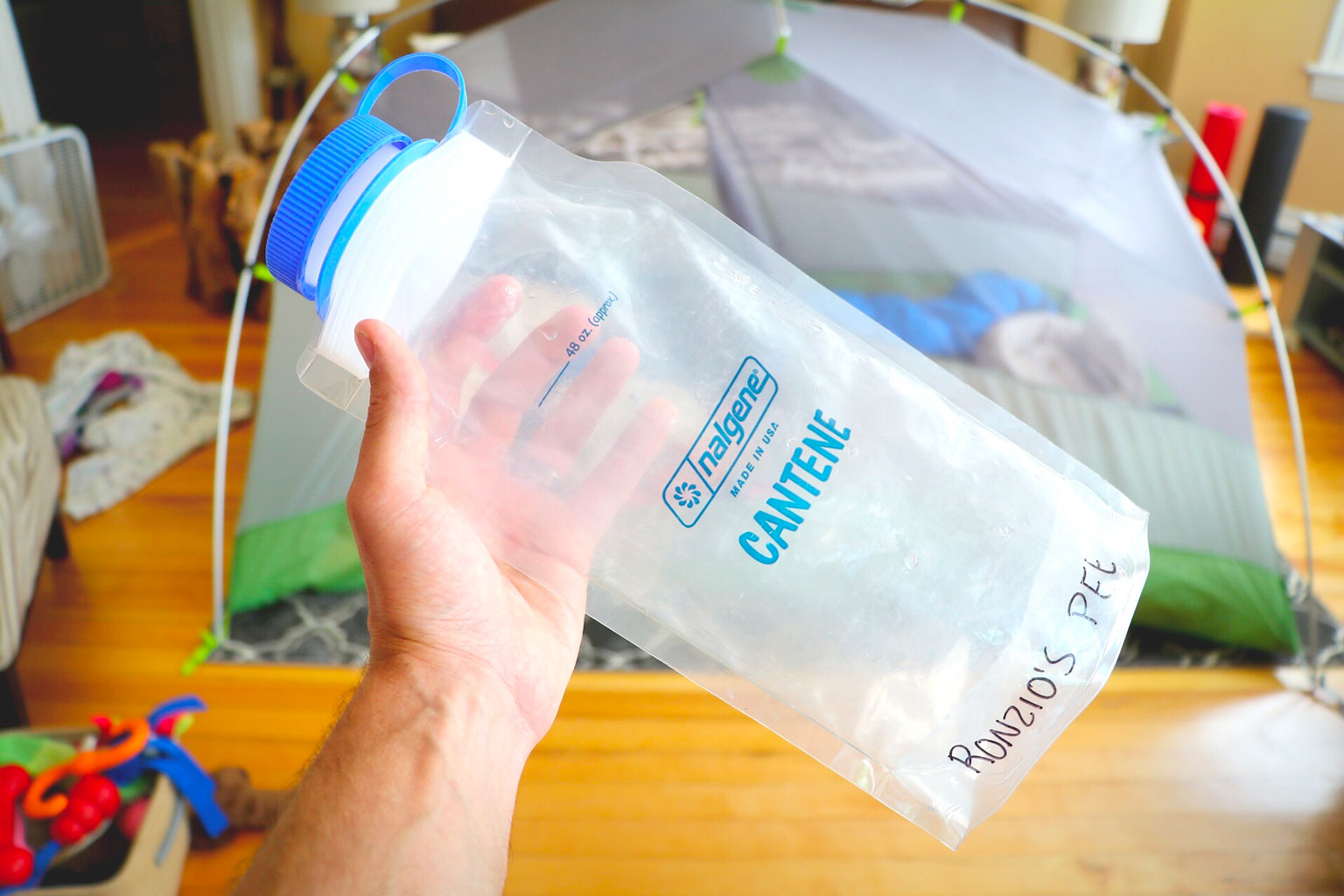 Pee Bottle
Pee Bottle
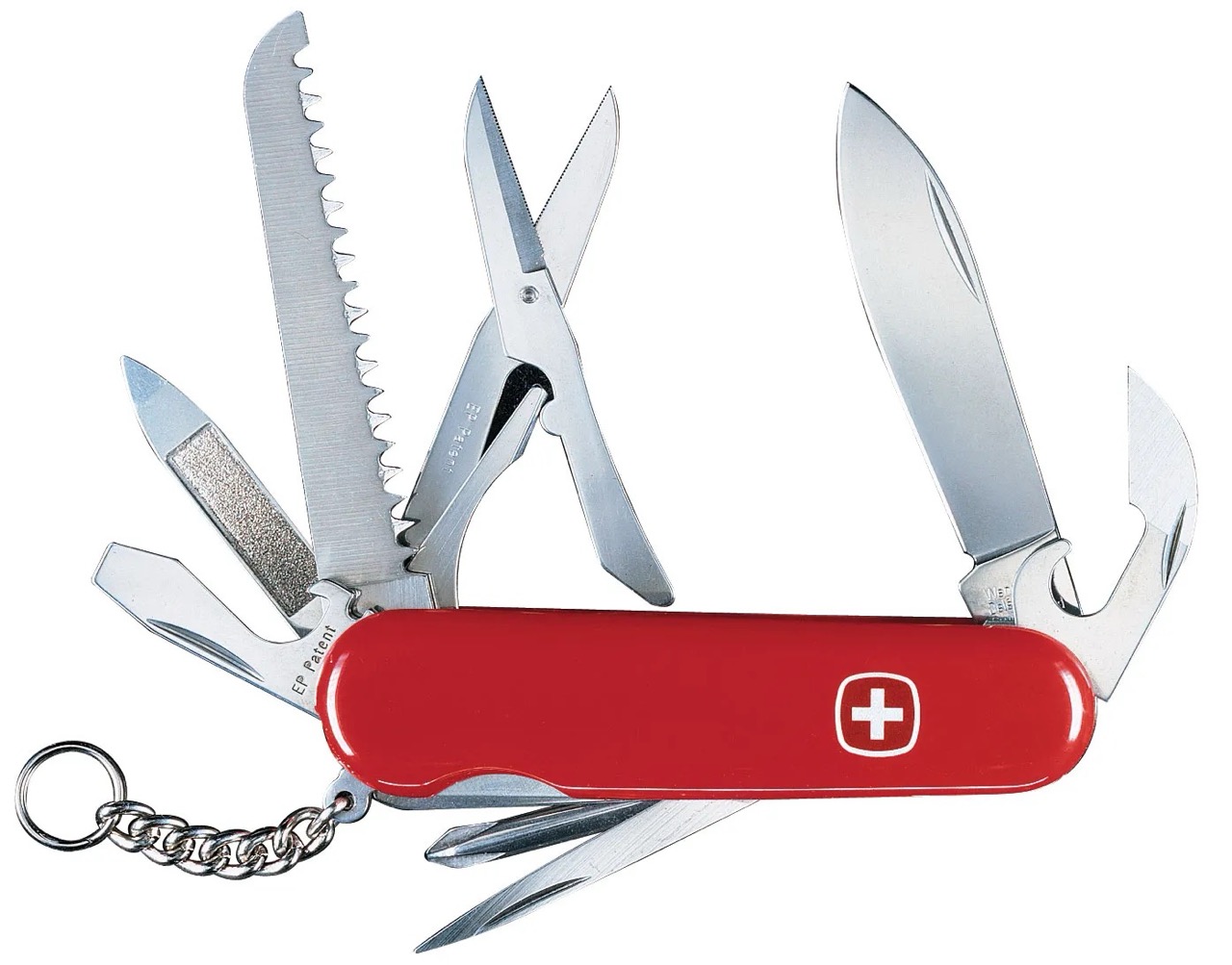 Pocket Knife
Pocket Knife
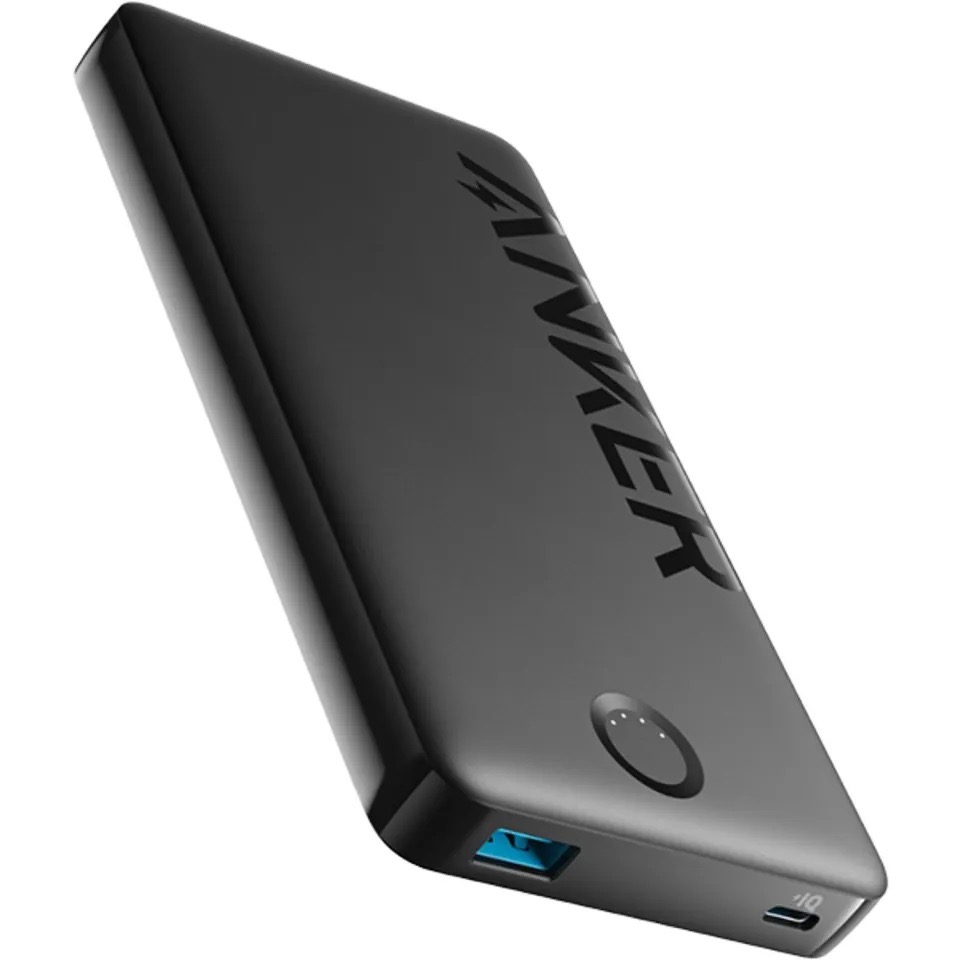 Power Bank
Power Bank
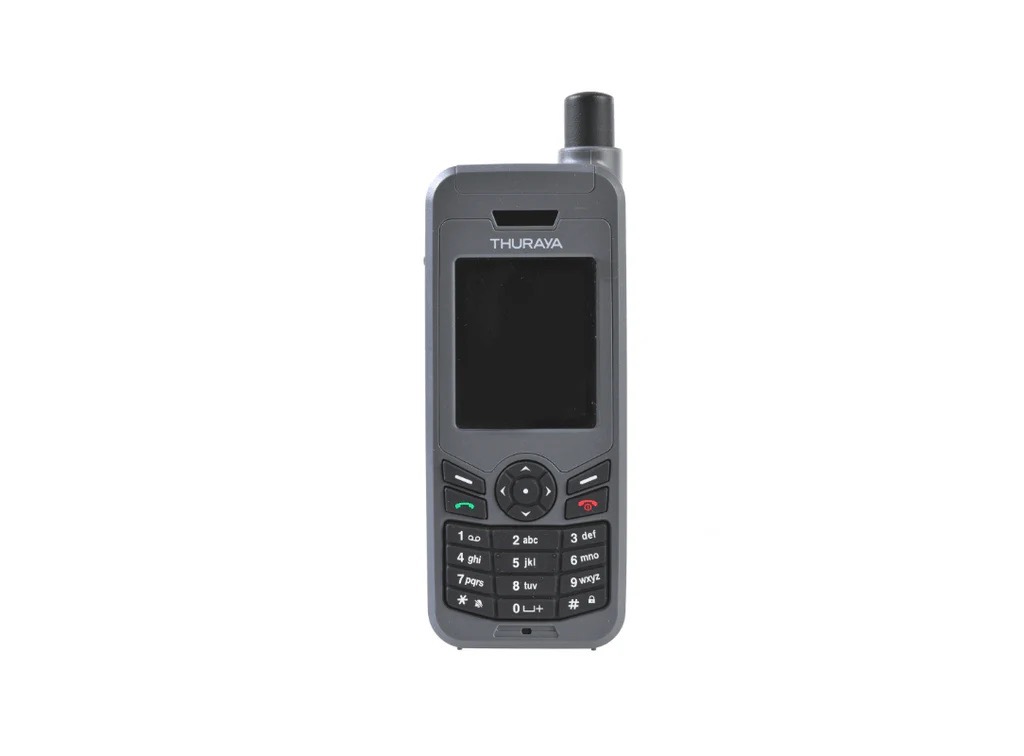 Satellite Phone(Optional)
Satellite Phone(Optional)
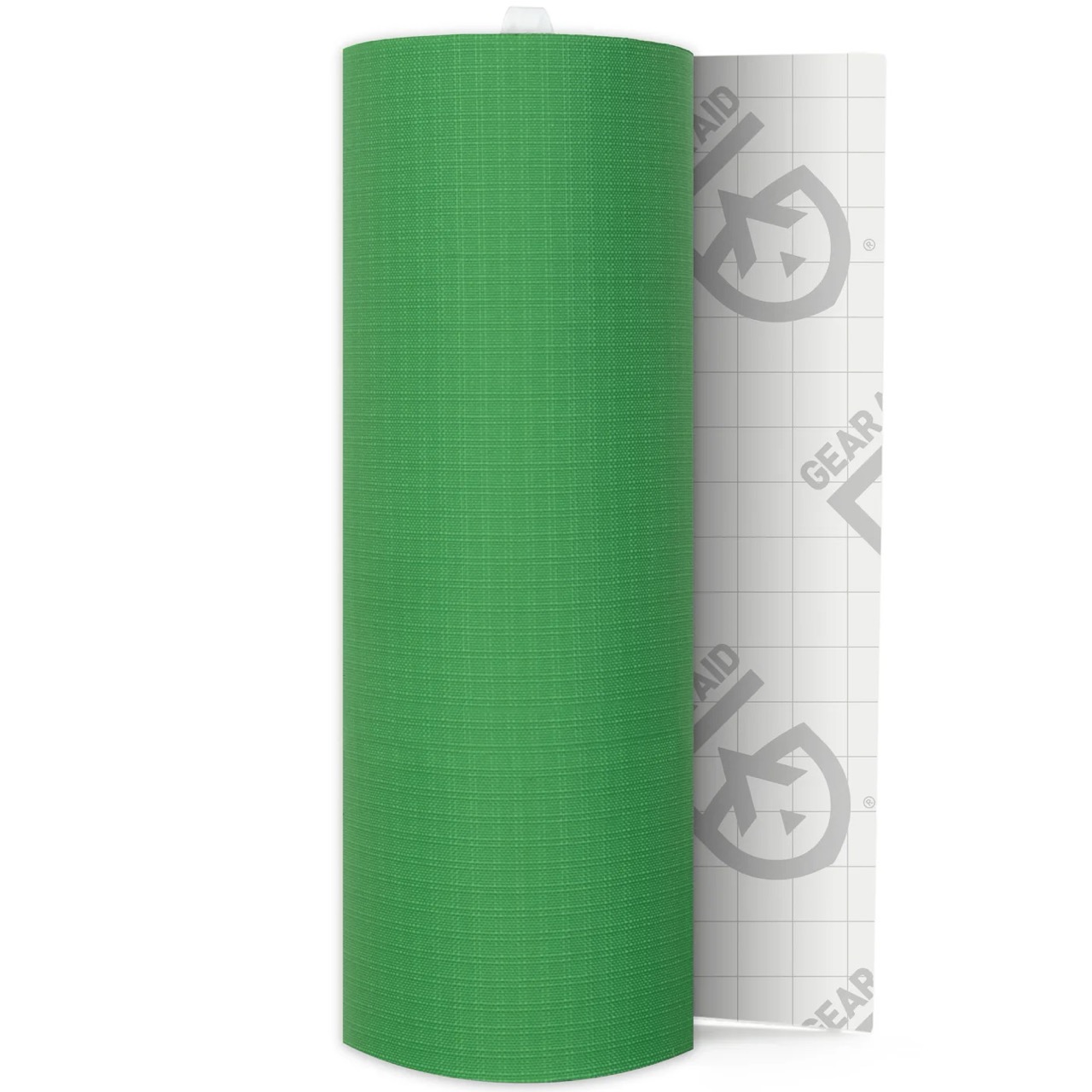 Tenacious Tape Repair
Tenacious Tape Repair
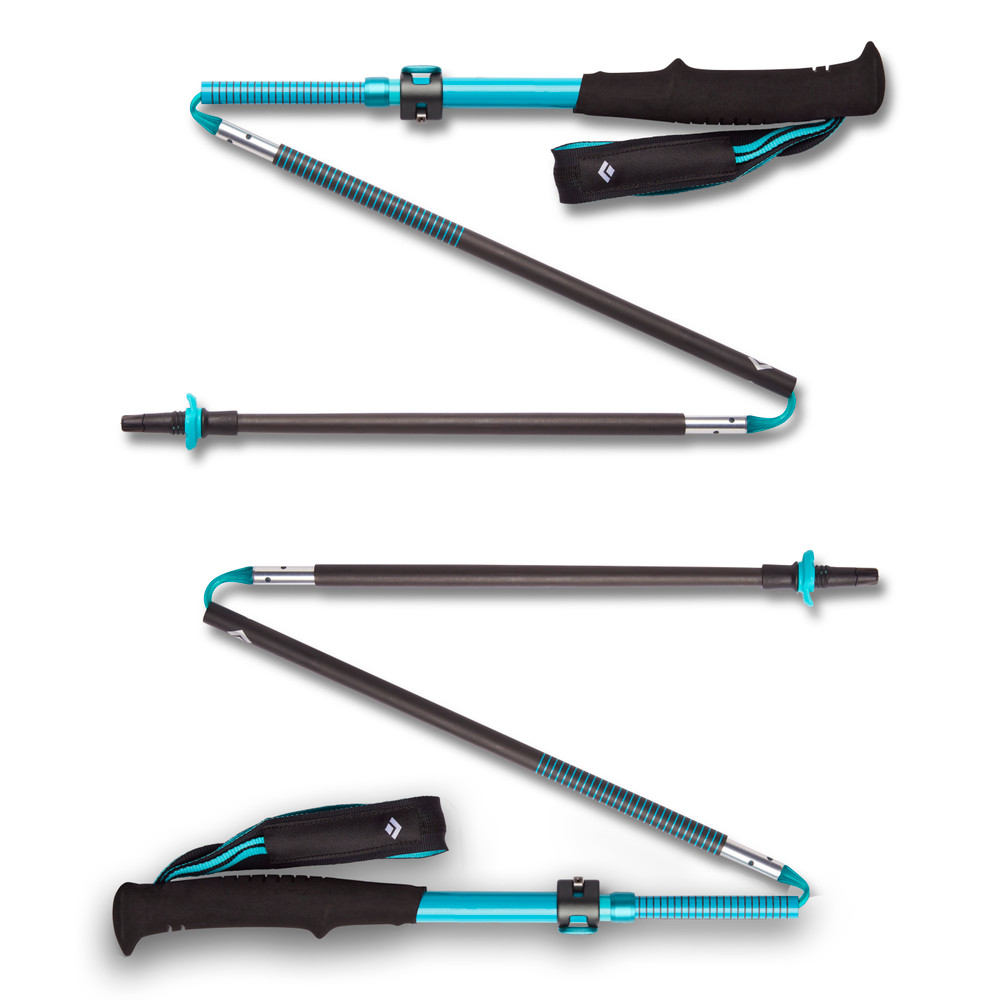 Trekking Pole
Trekking Pole
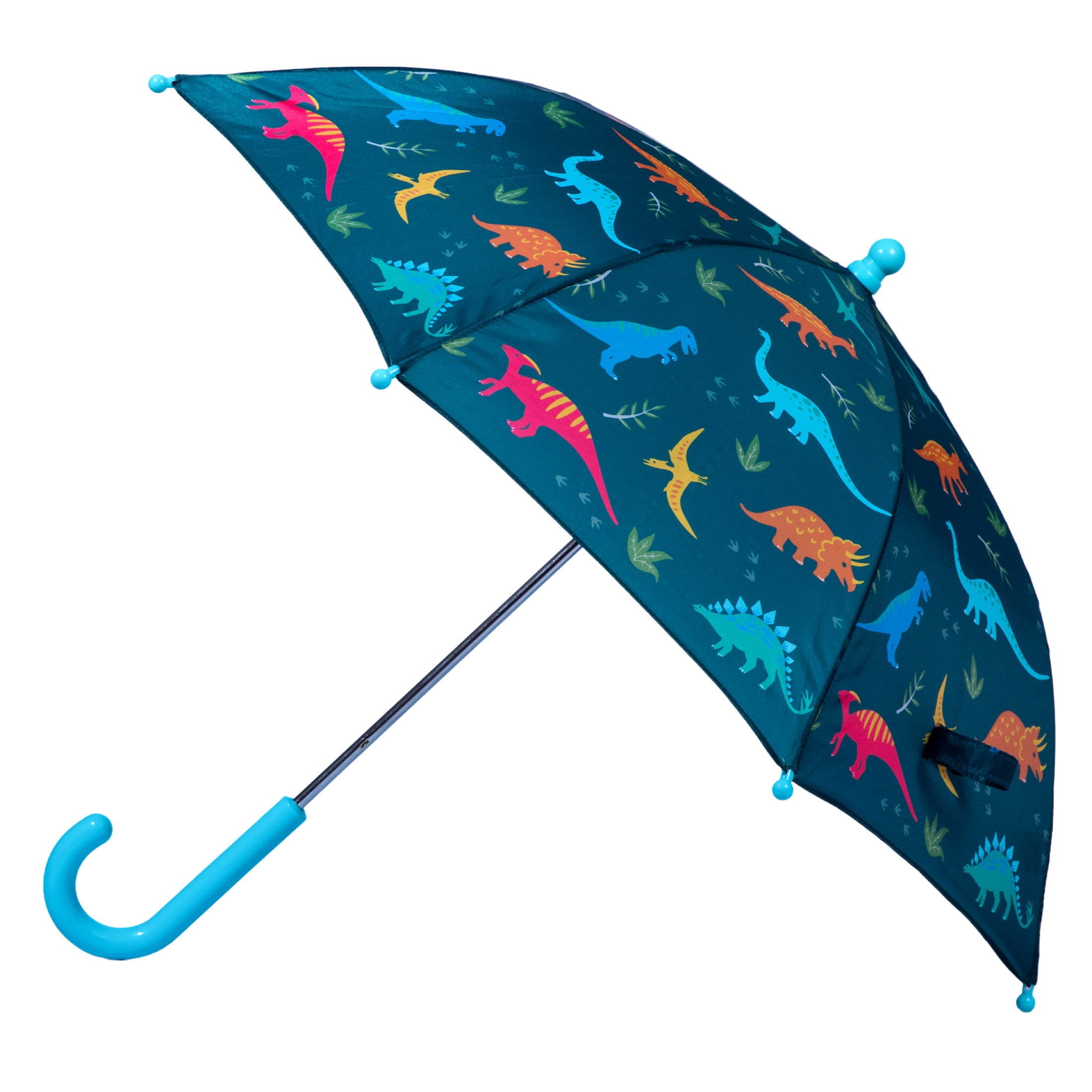 Umbrella/Rain Coat
Umbrella/Rain Coat



